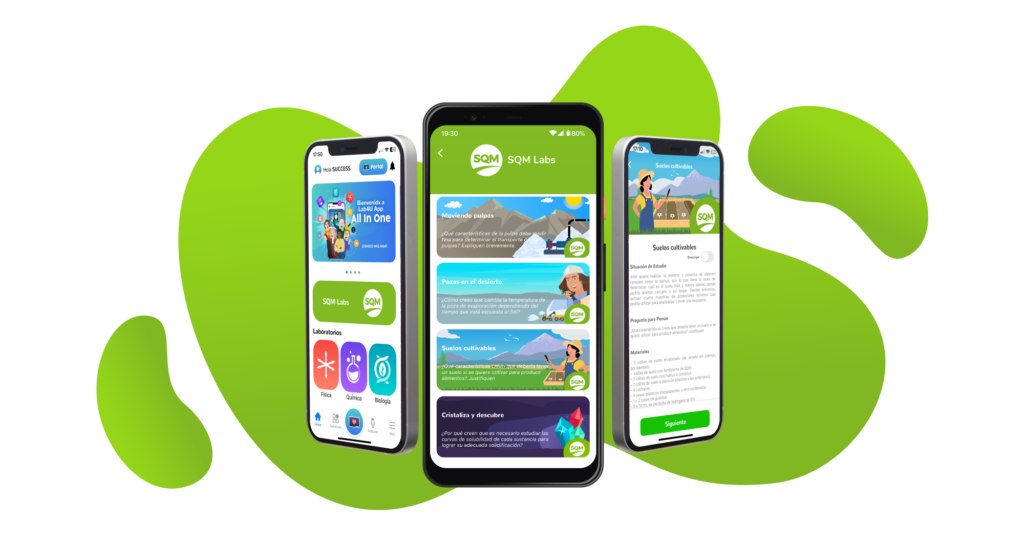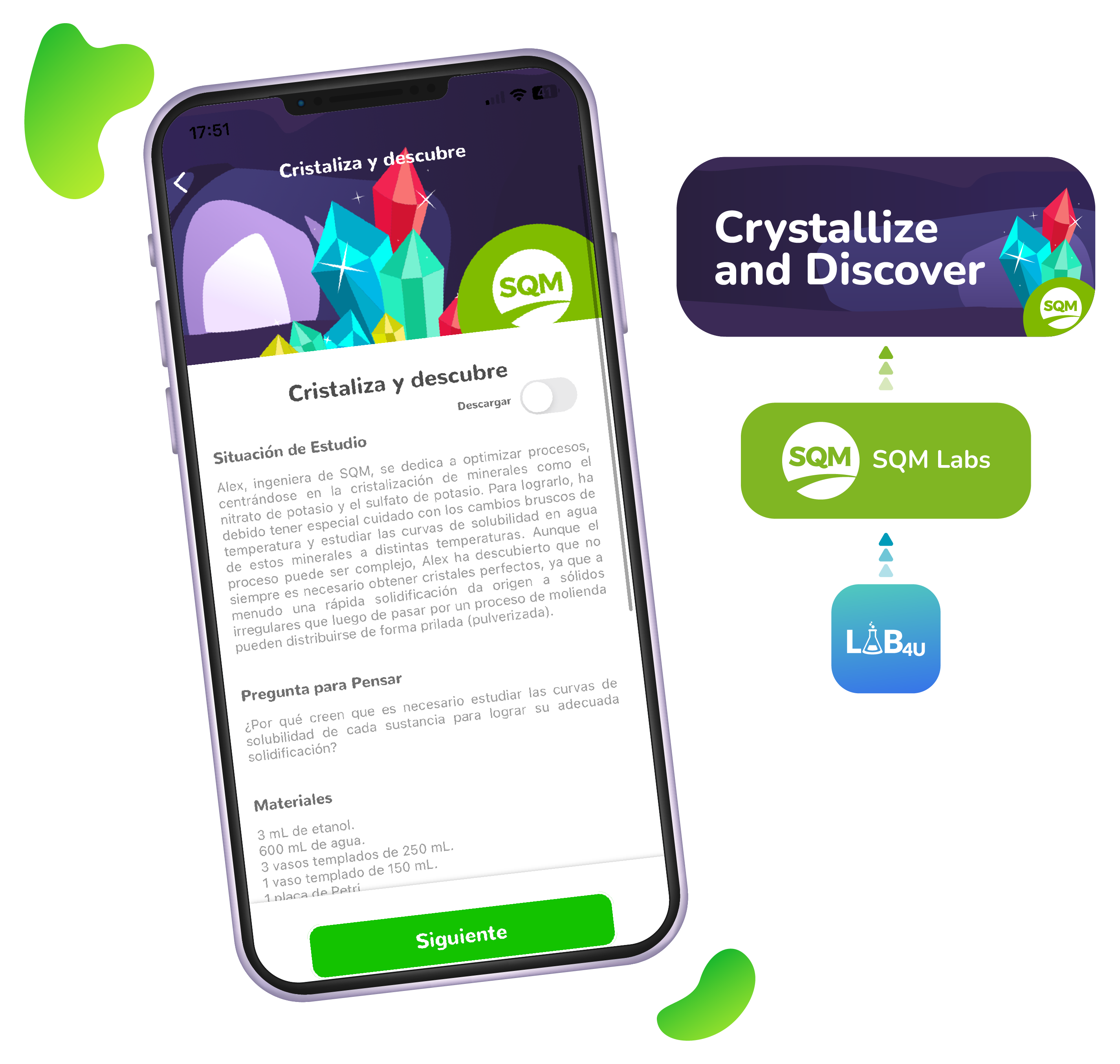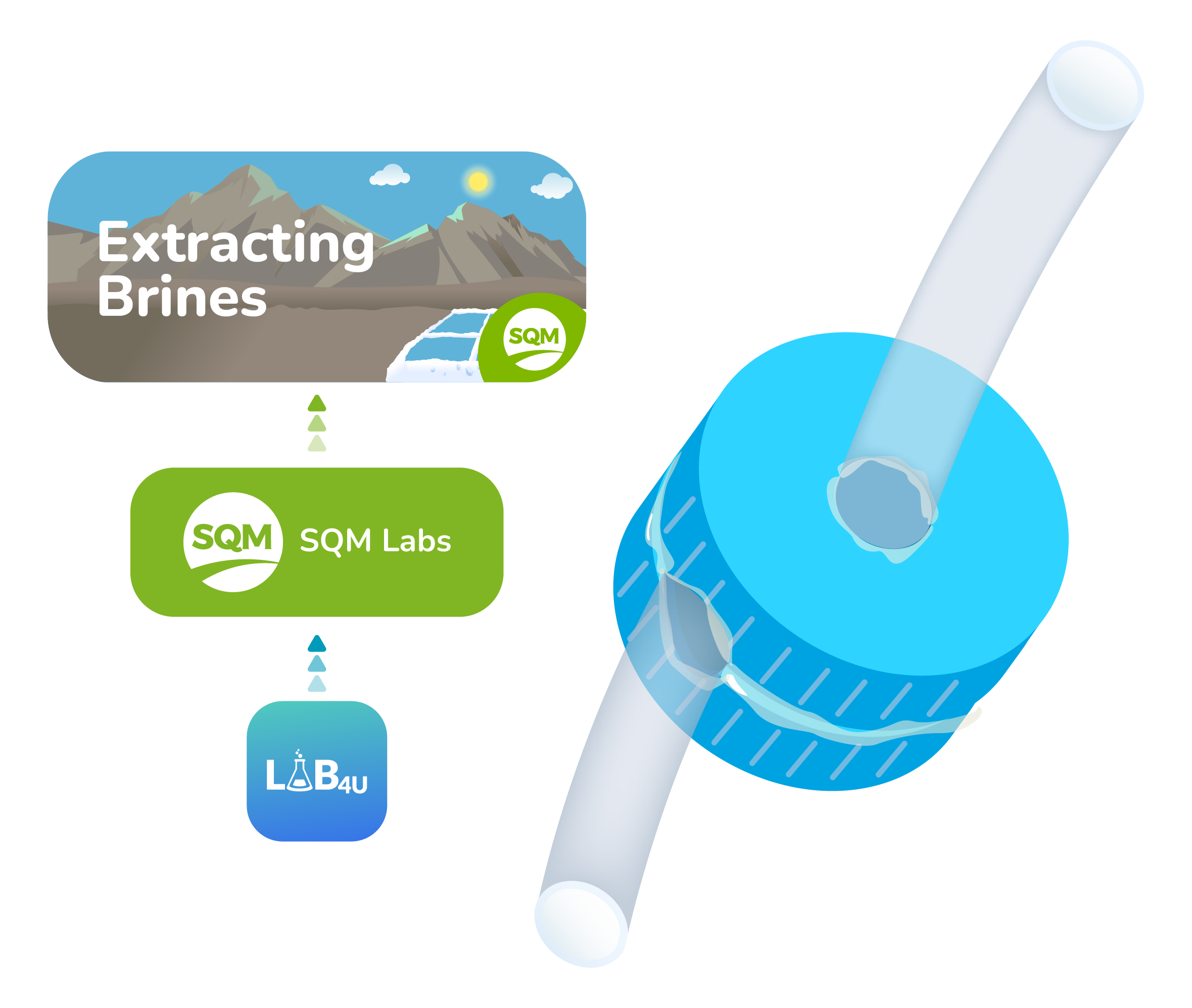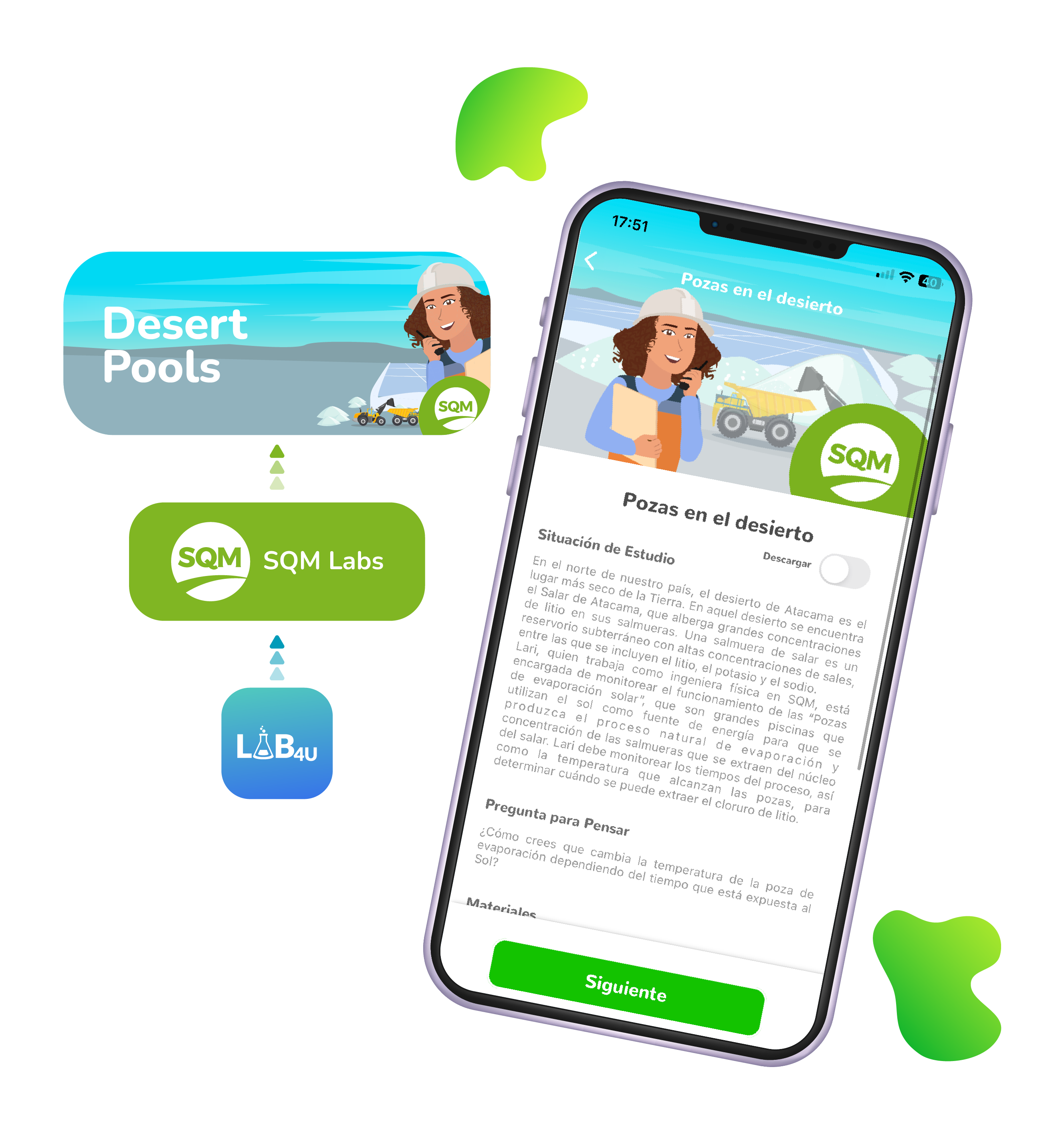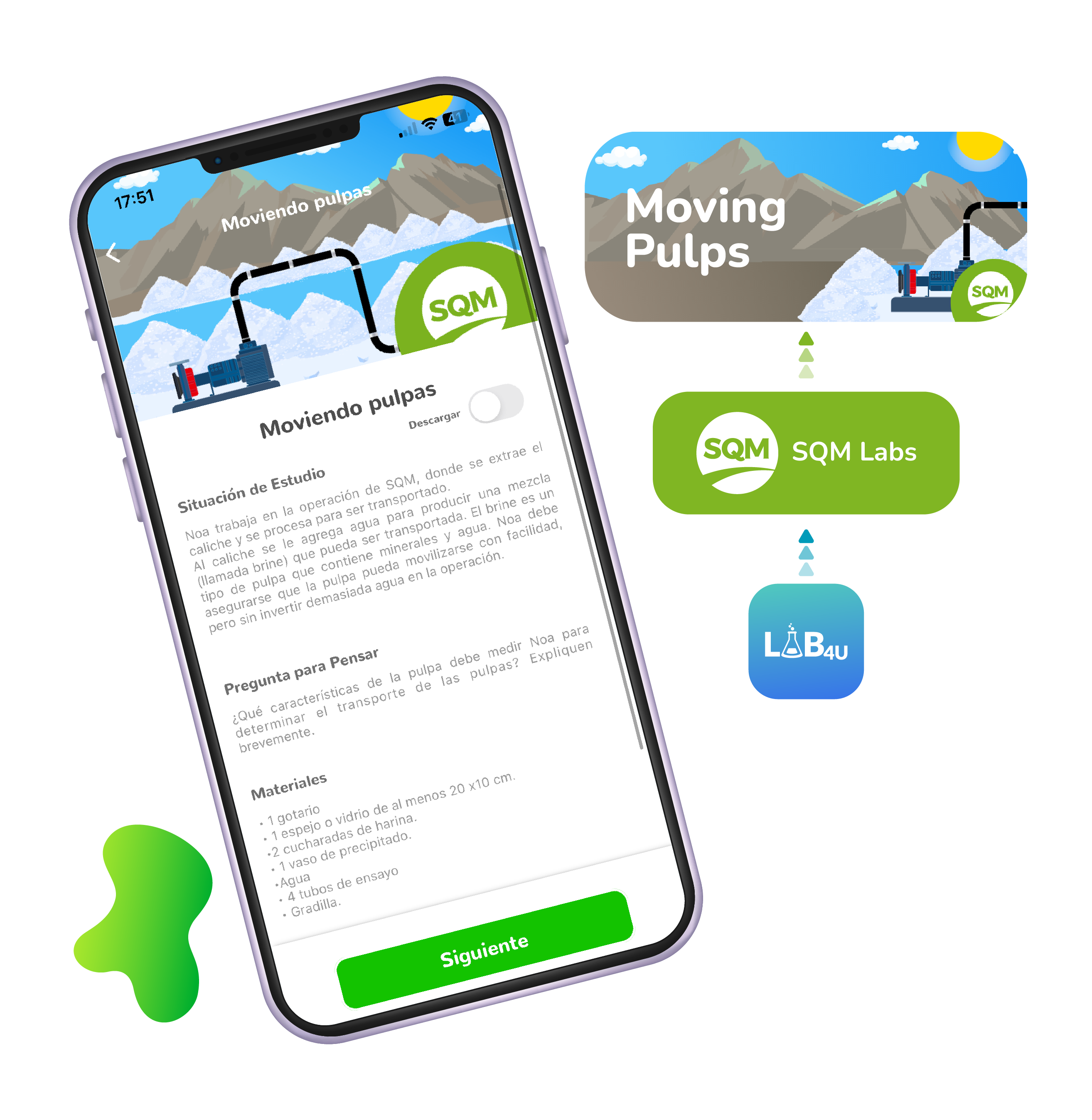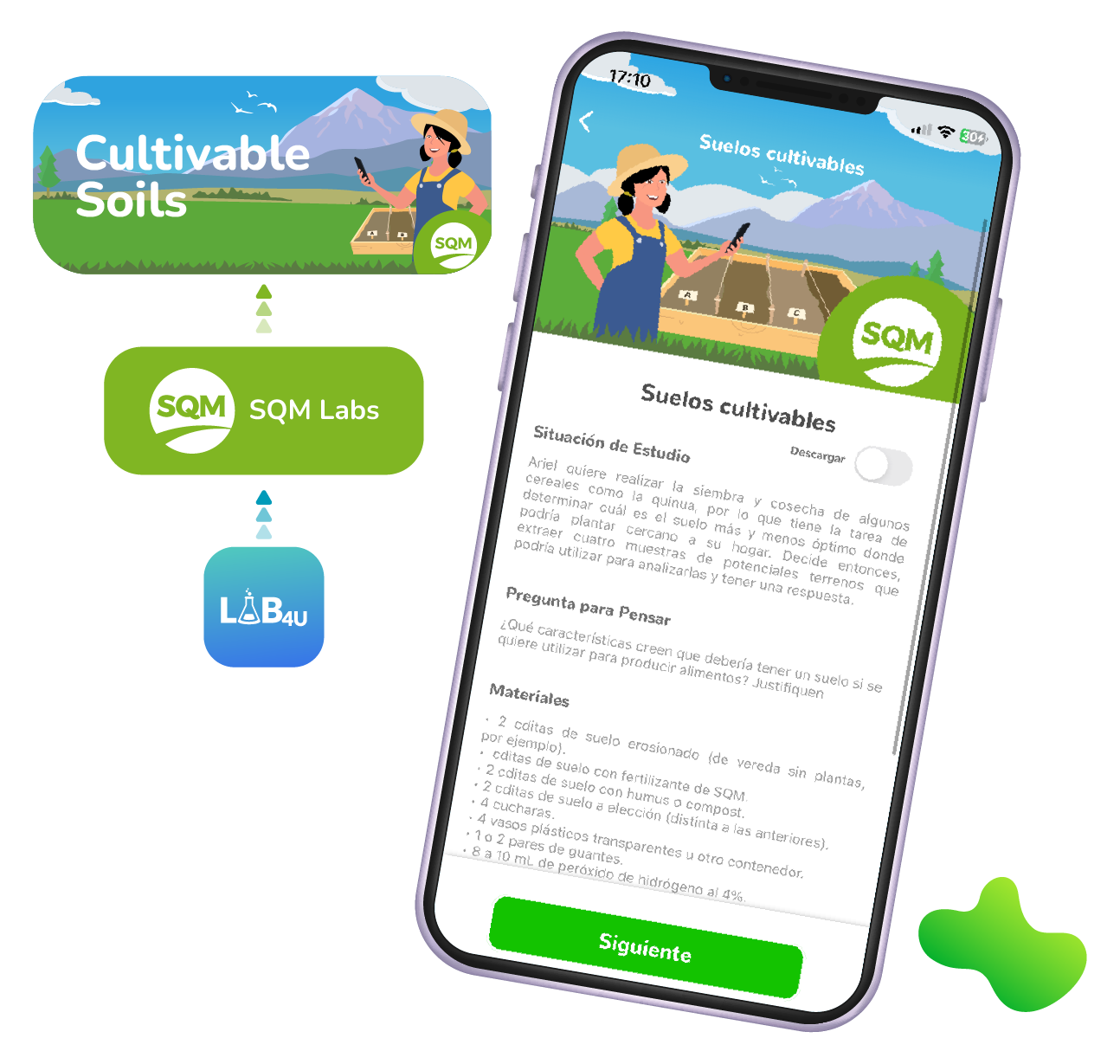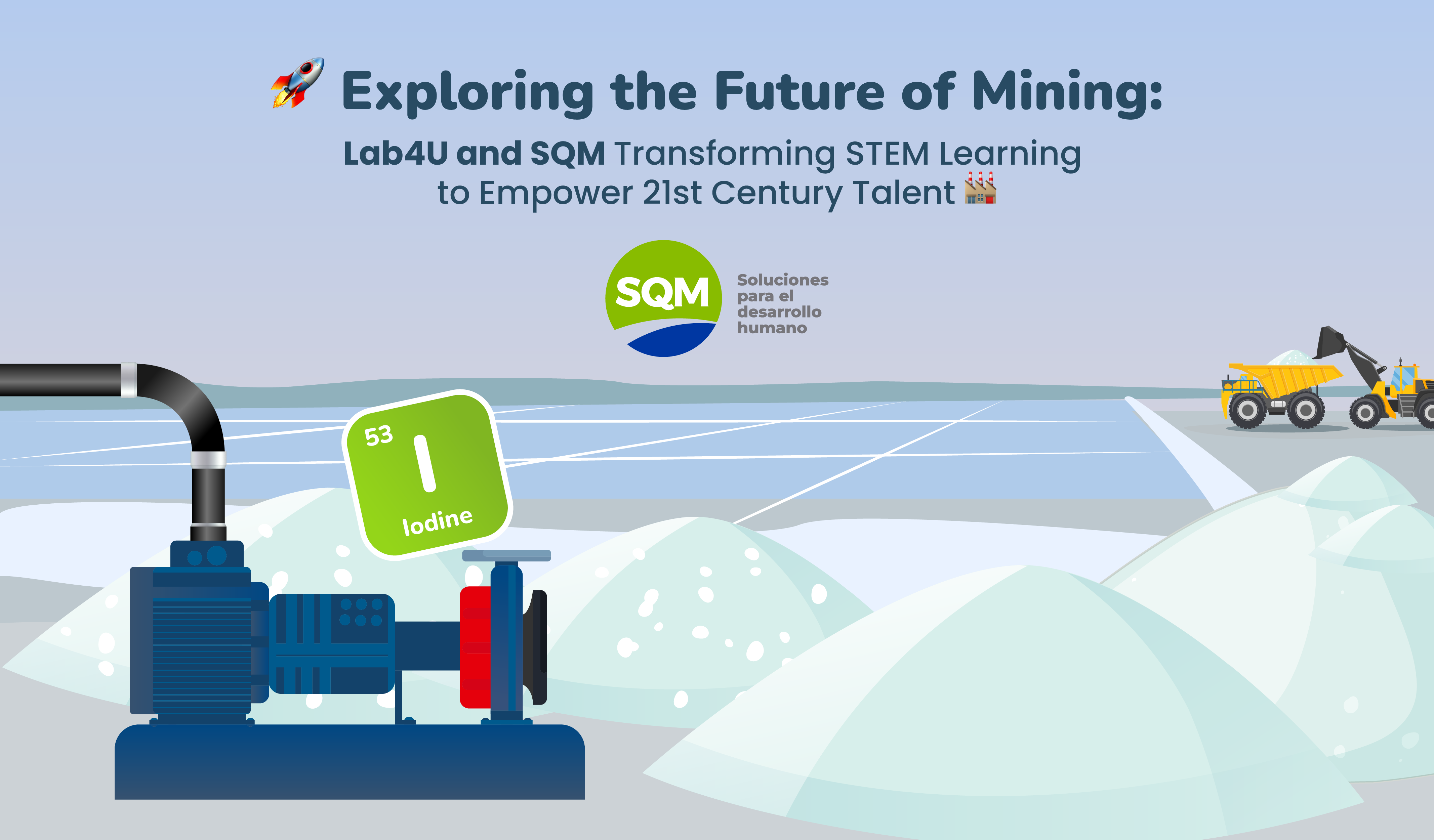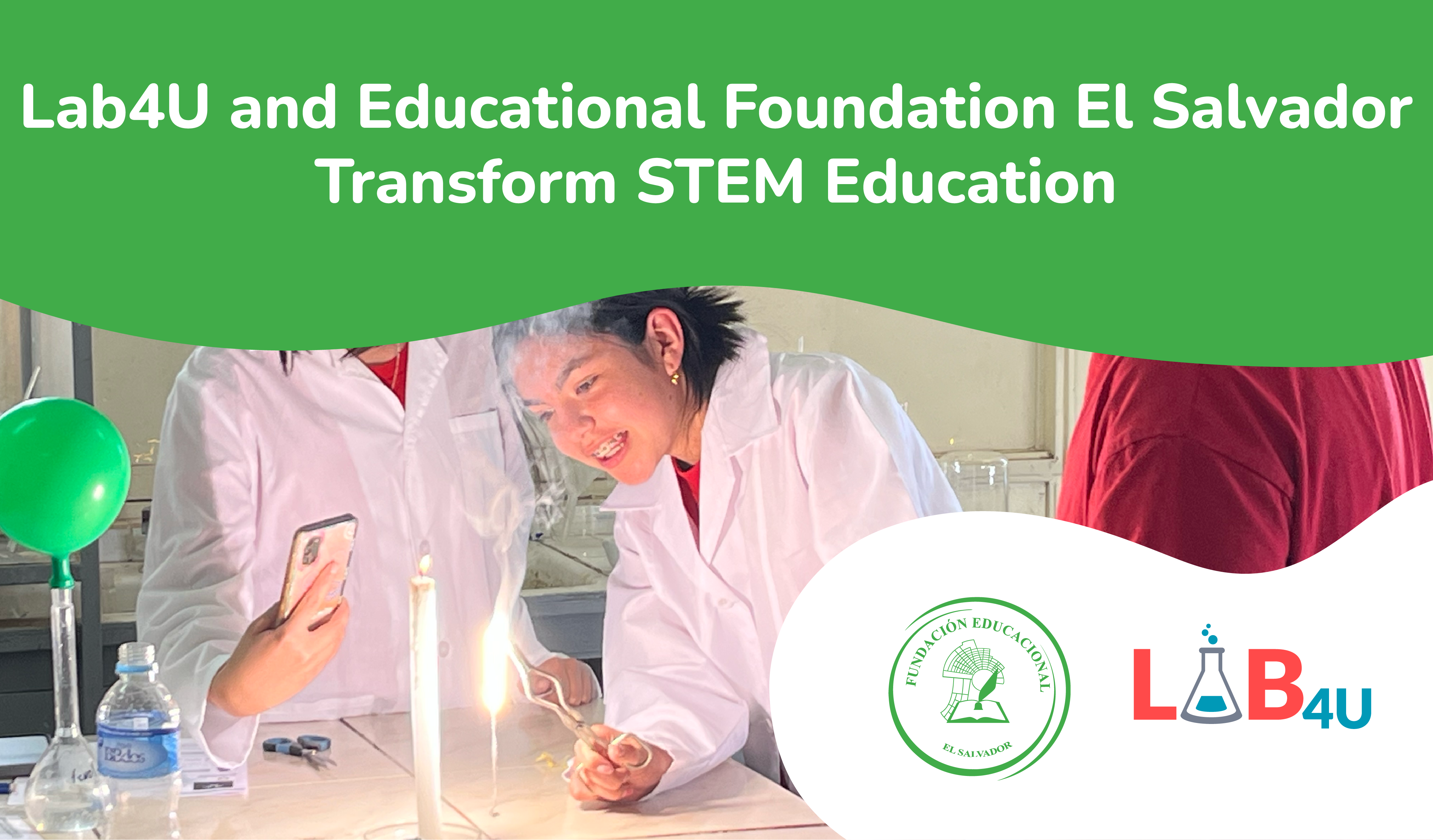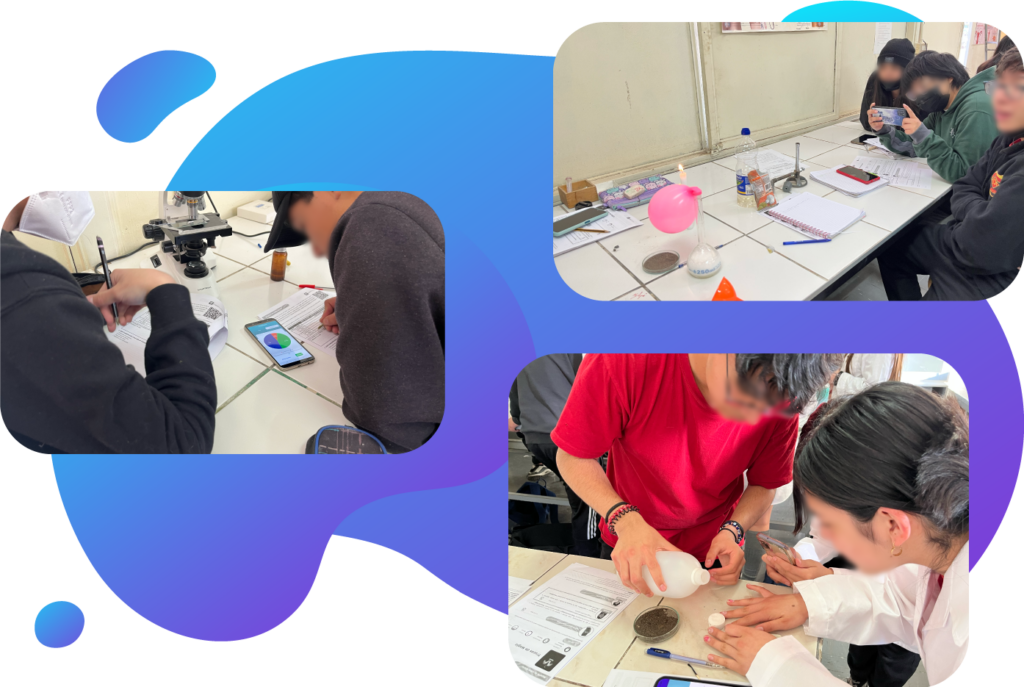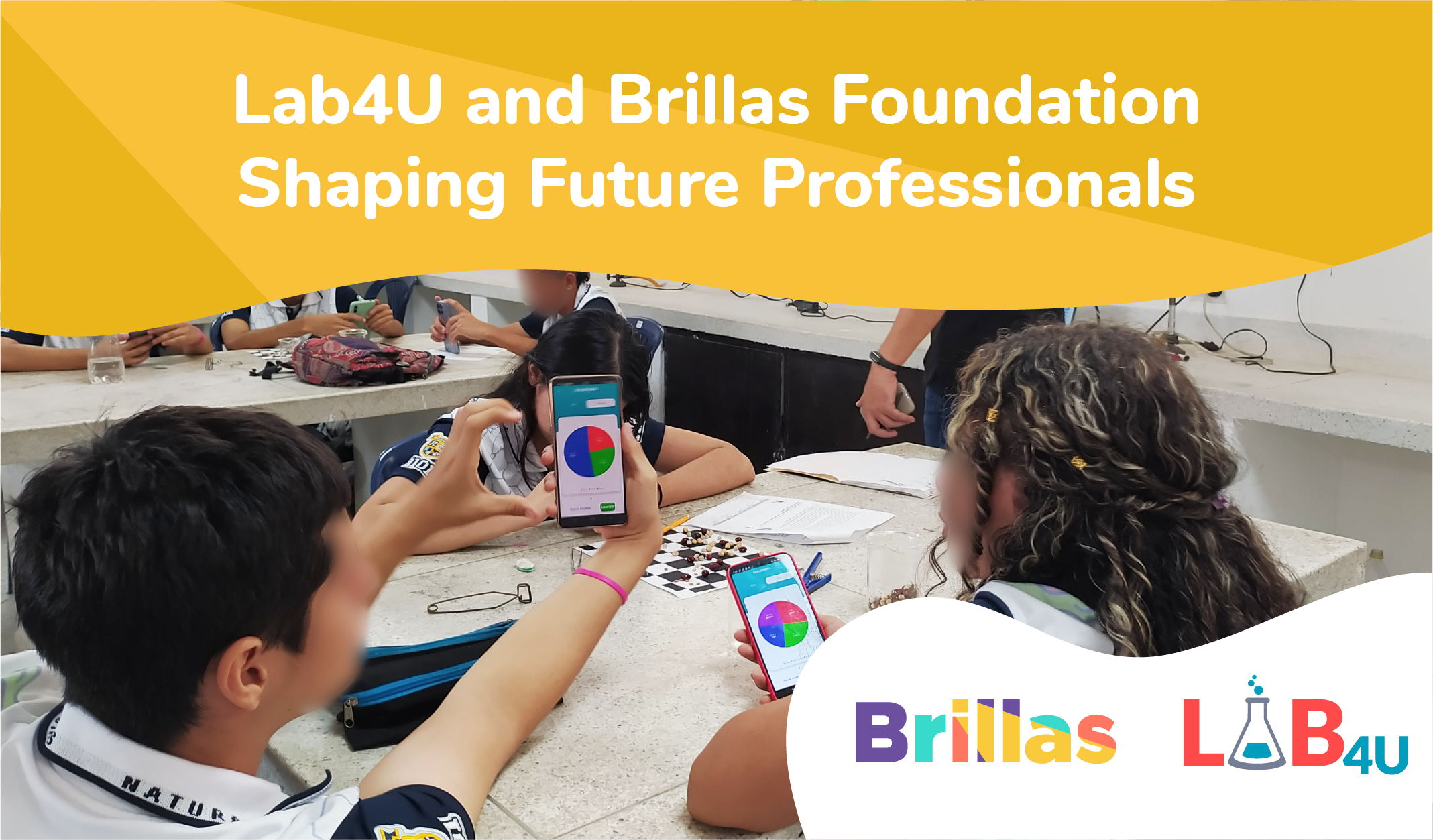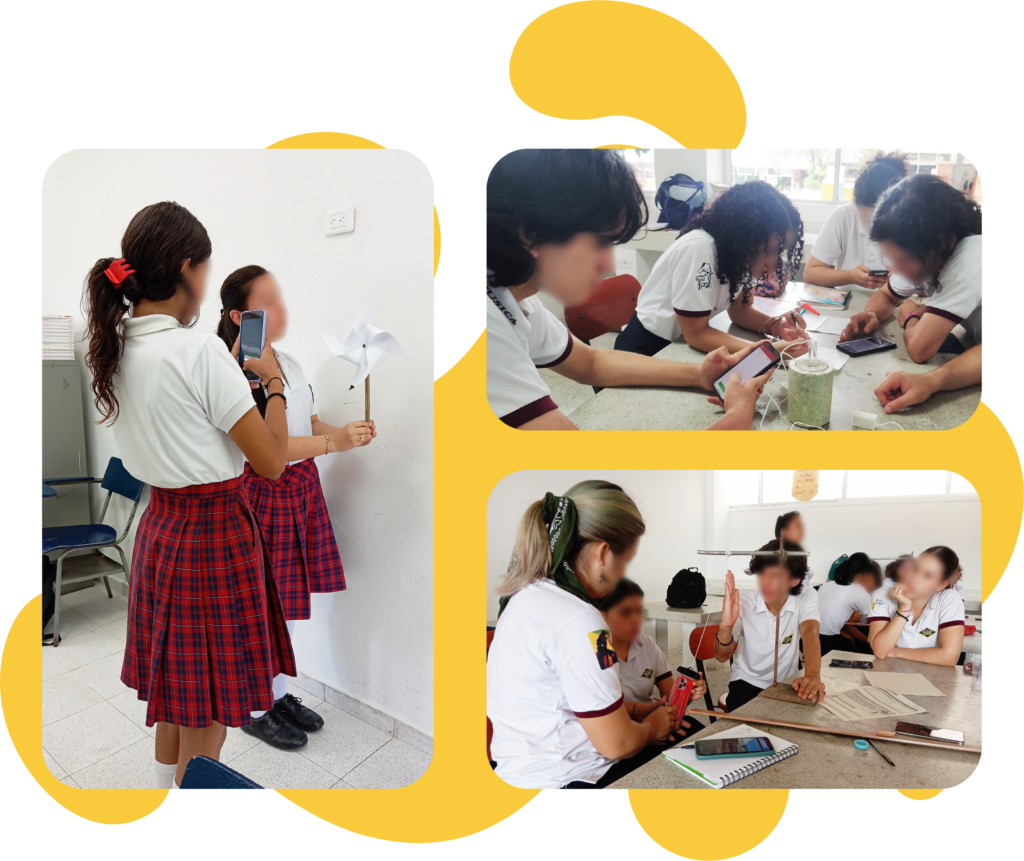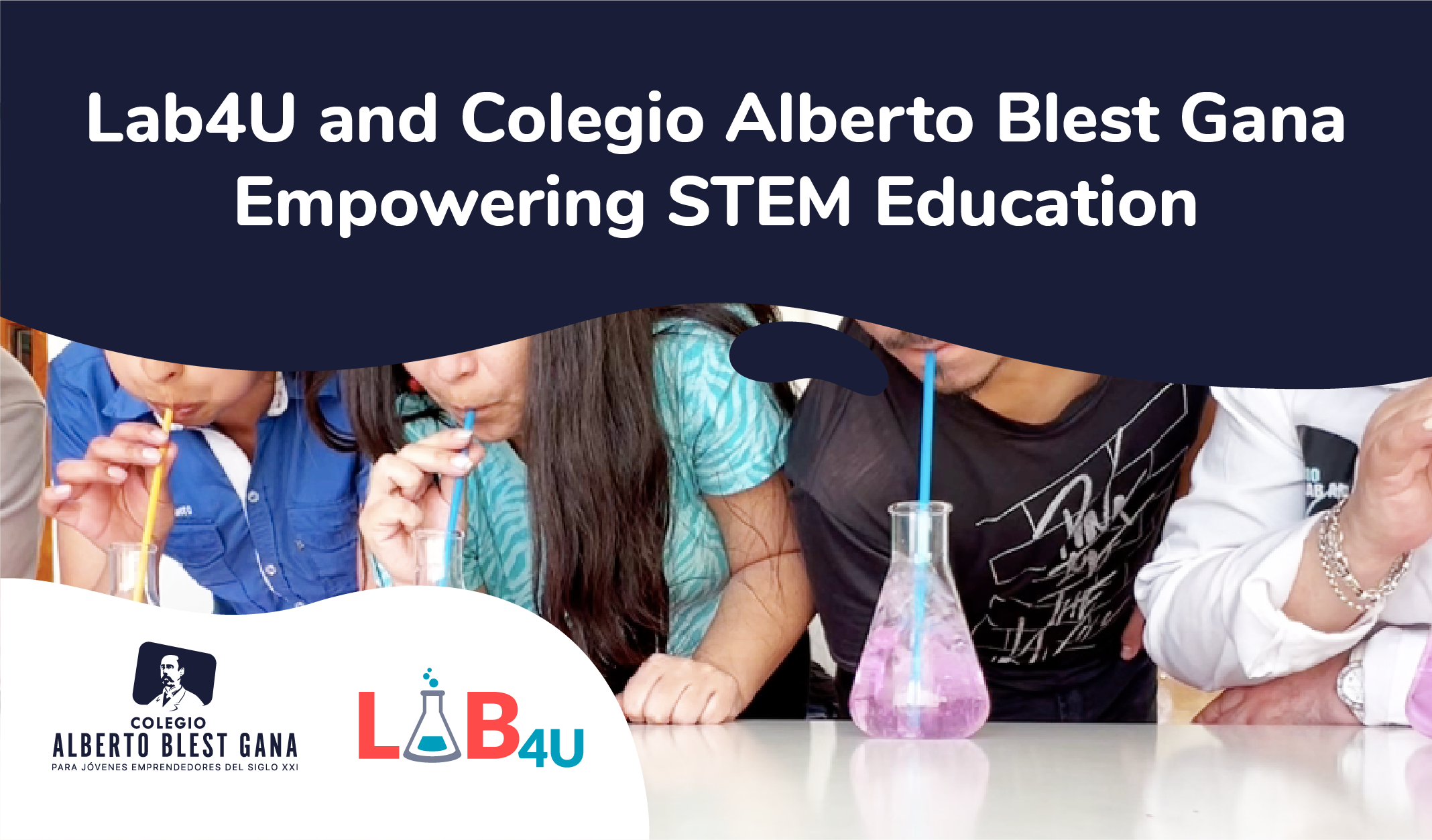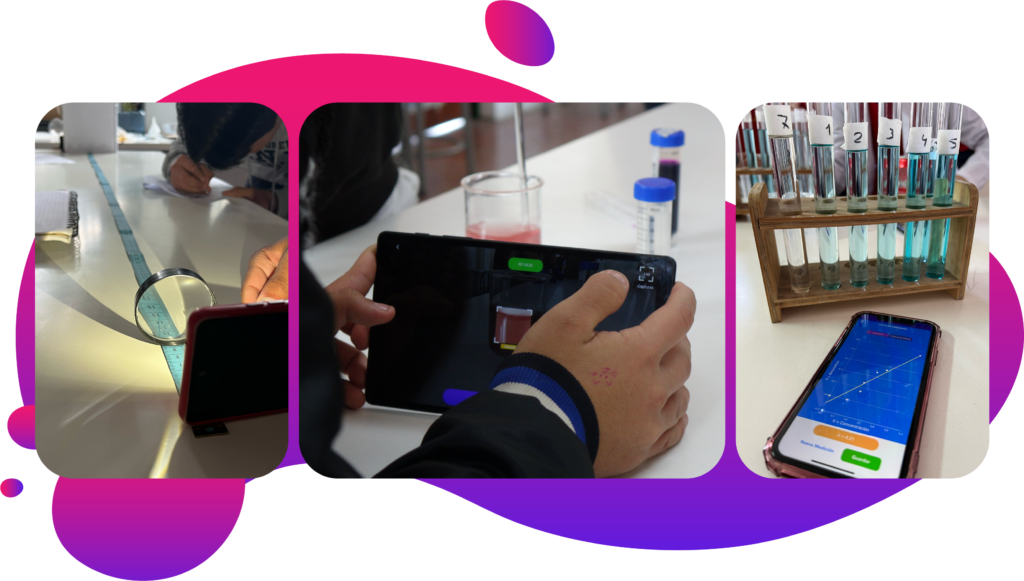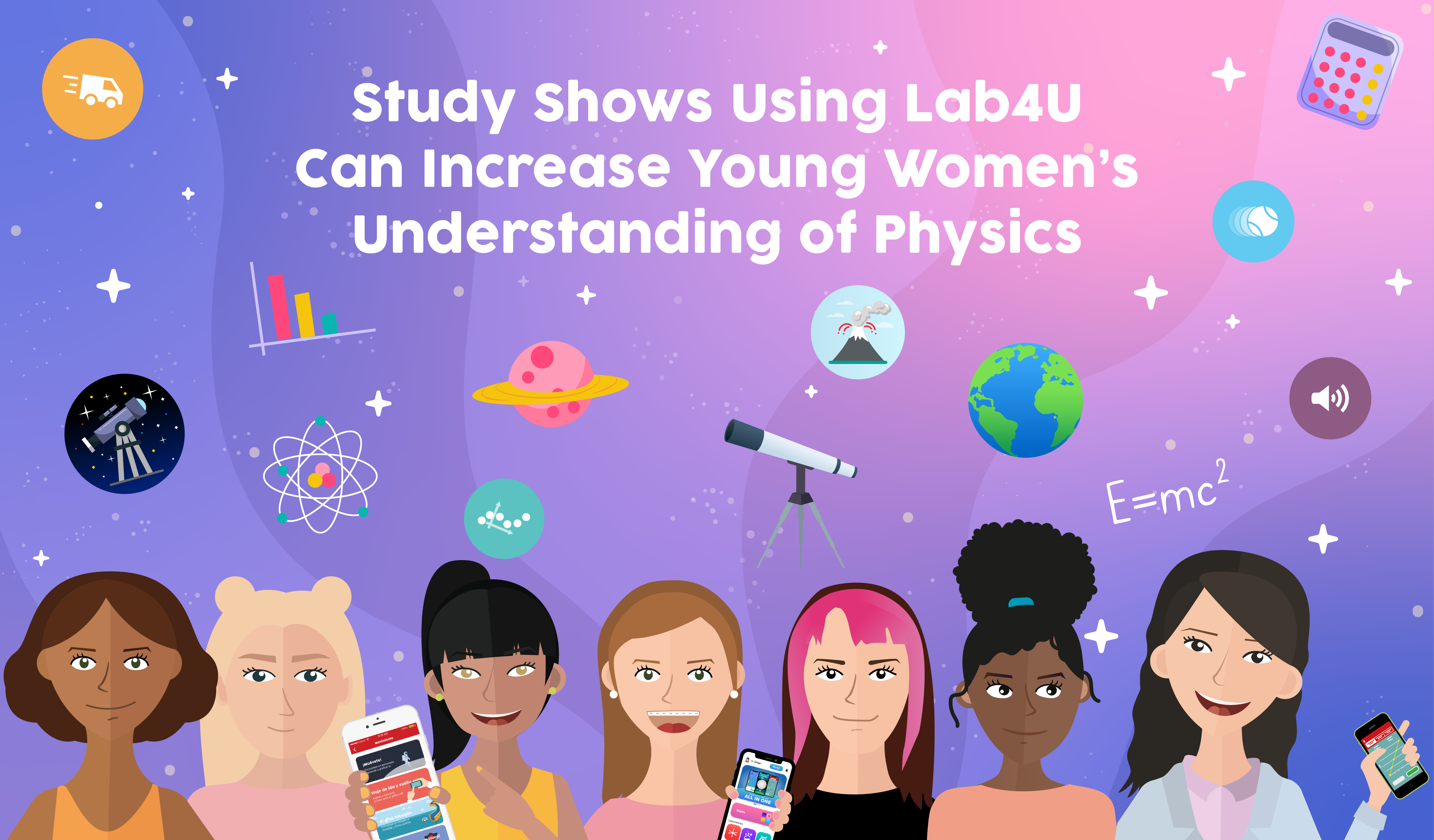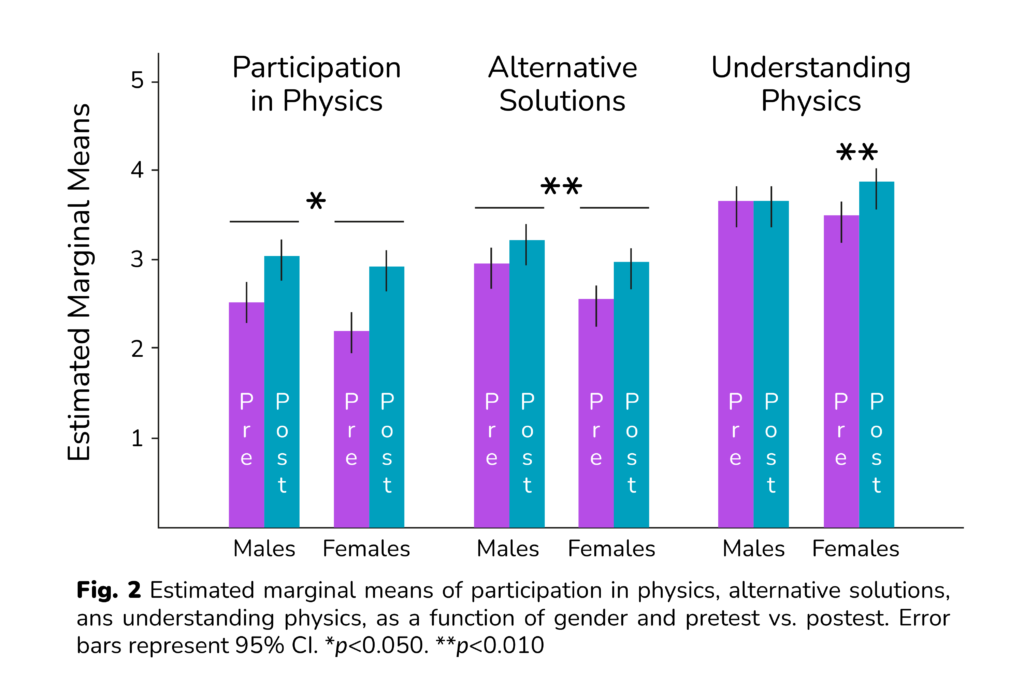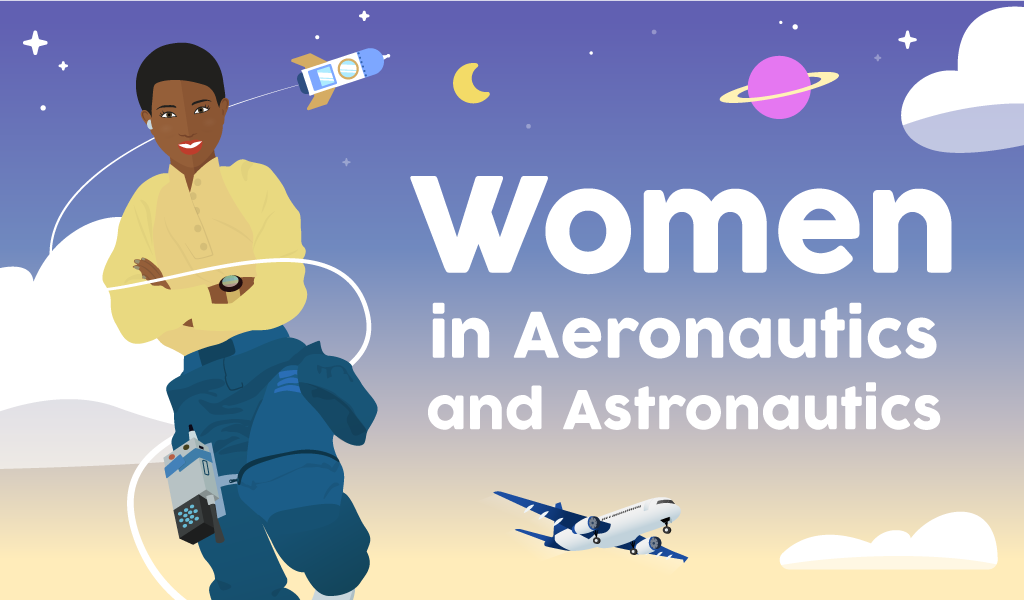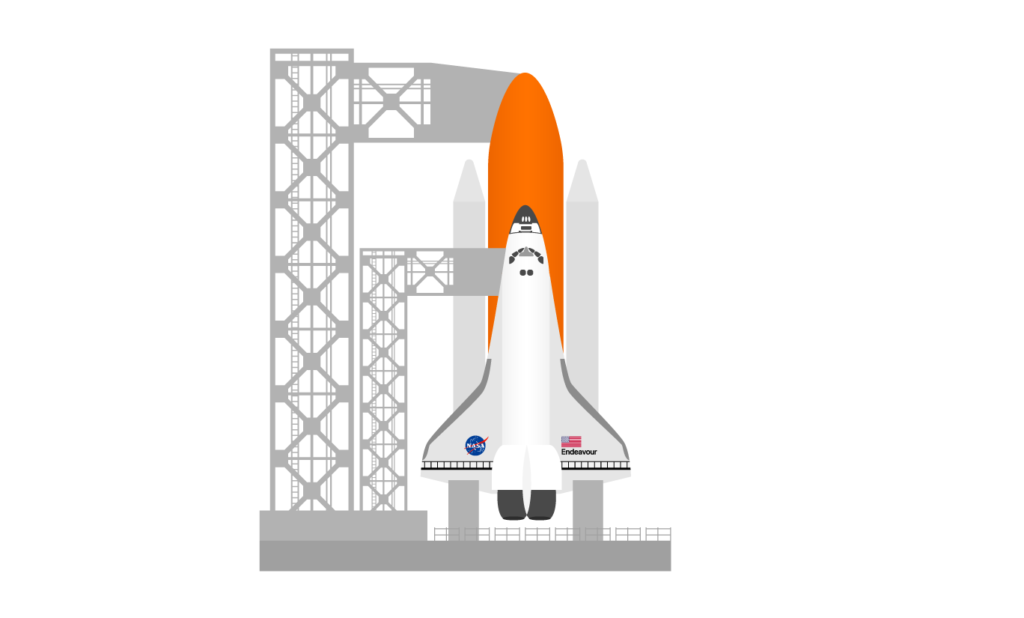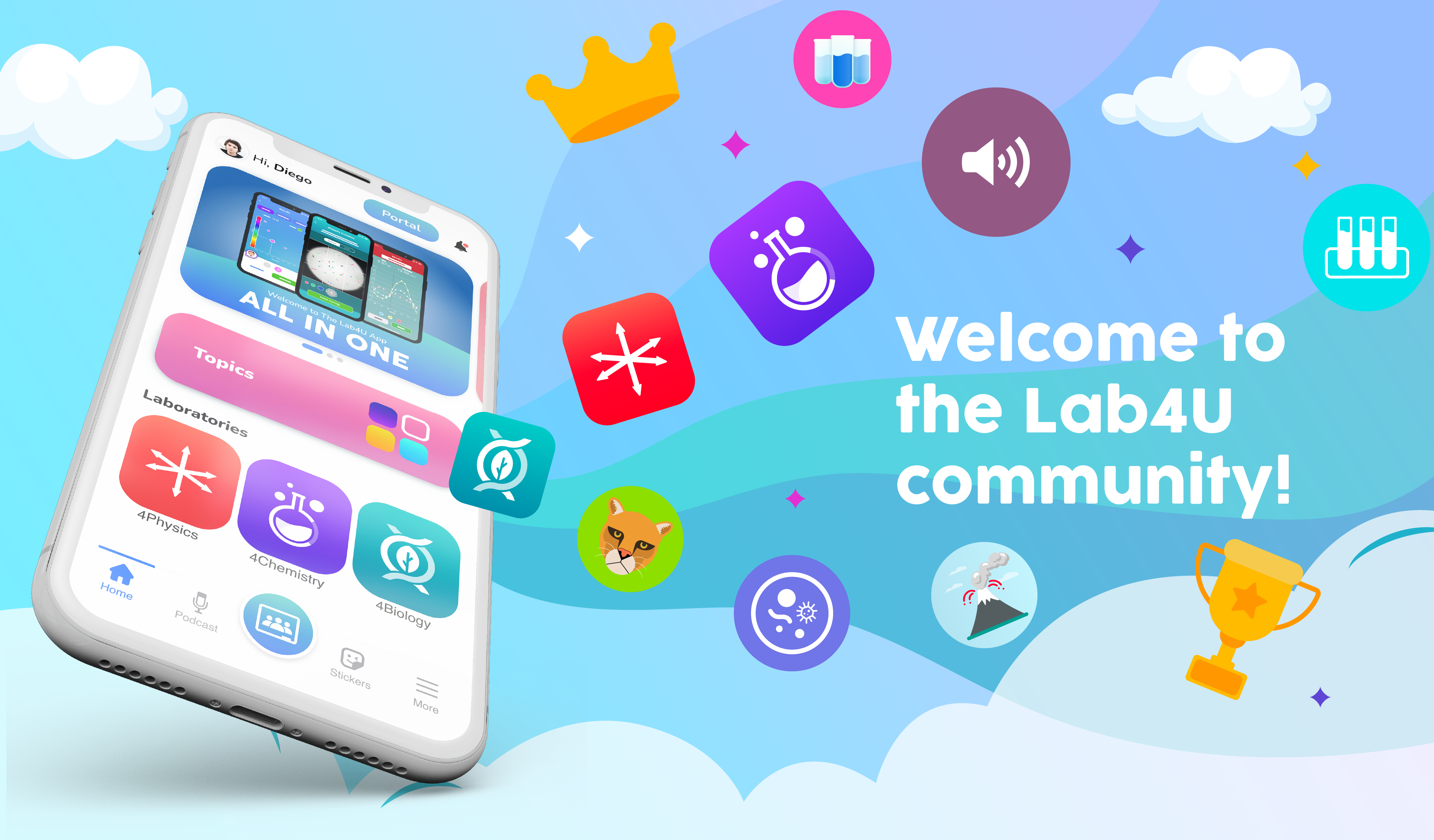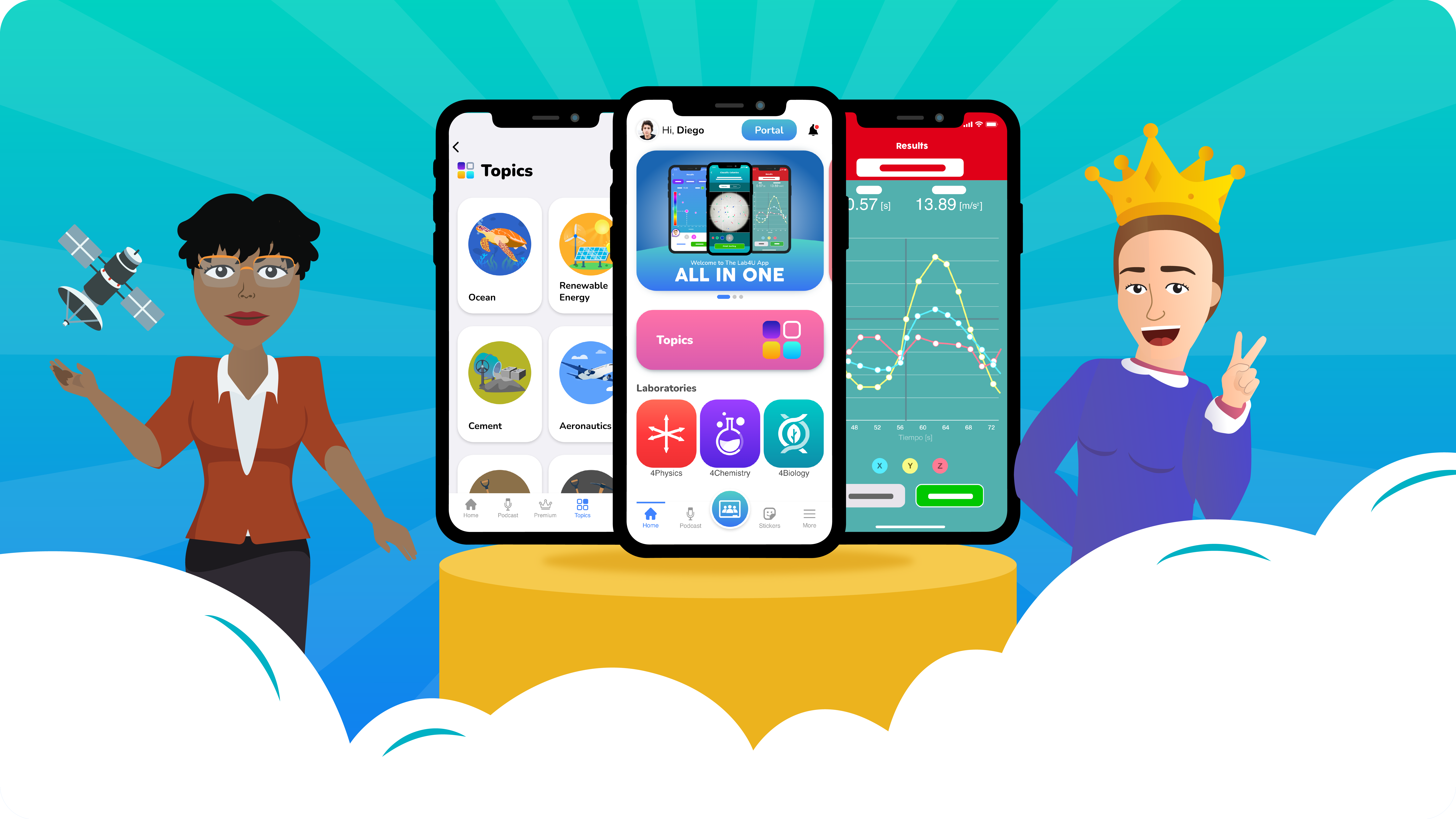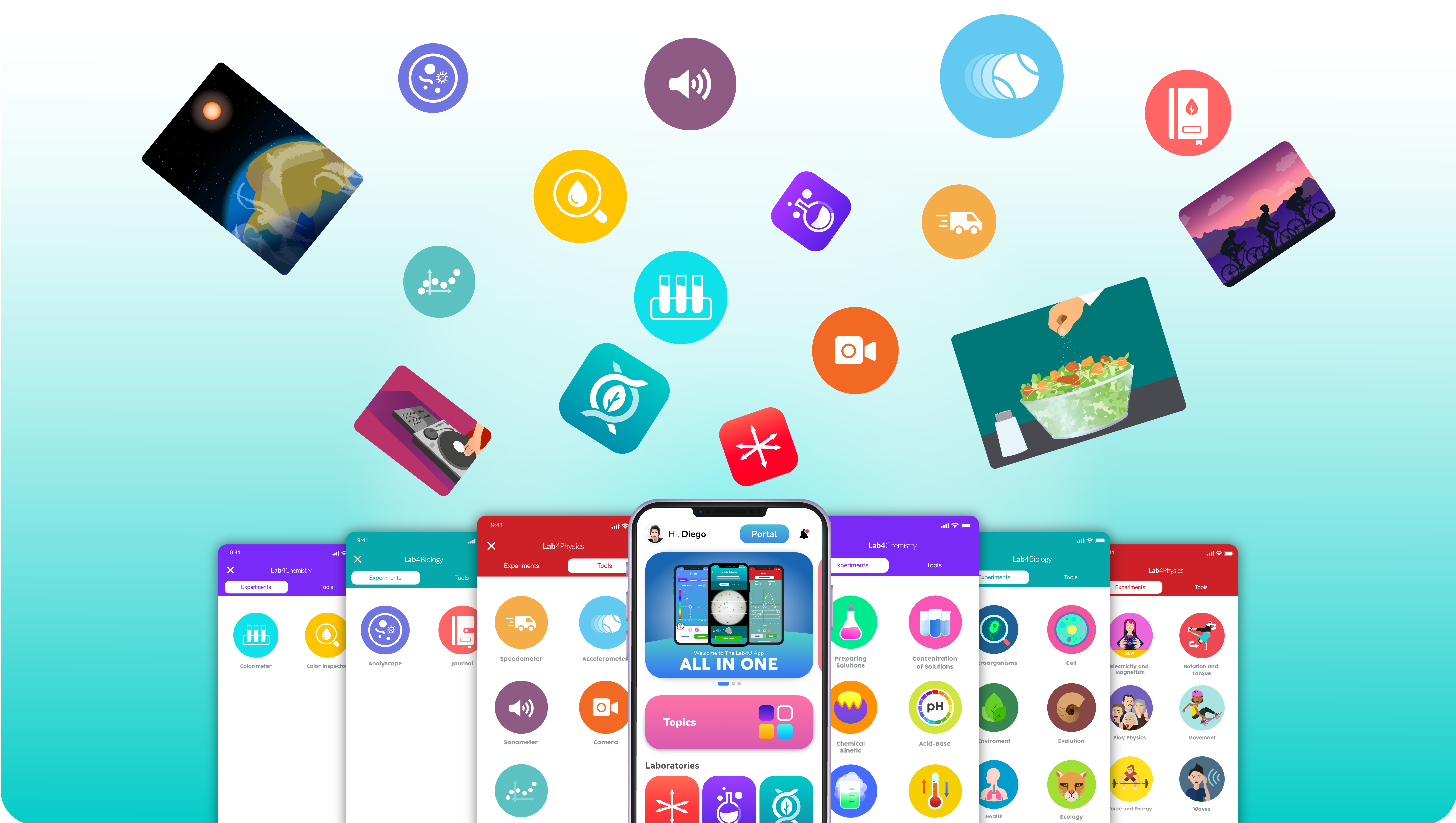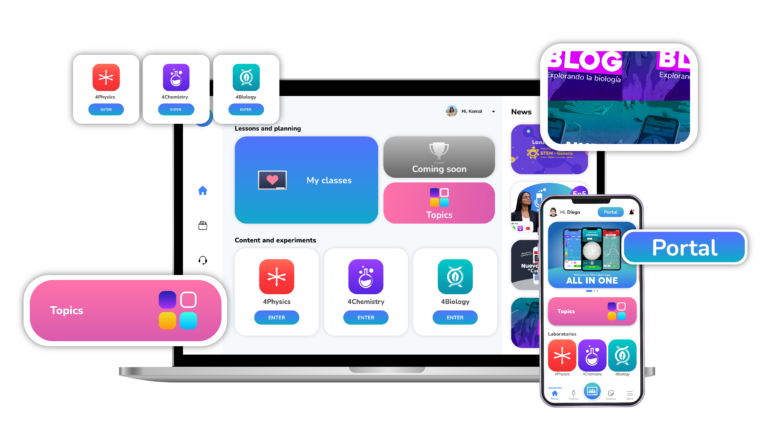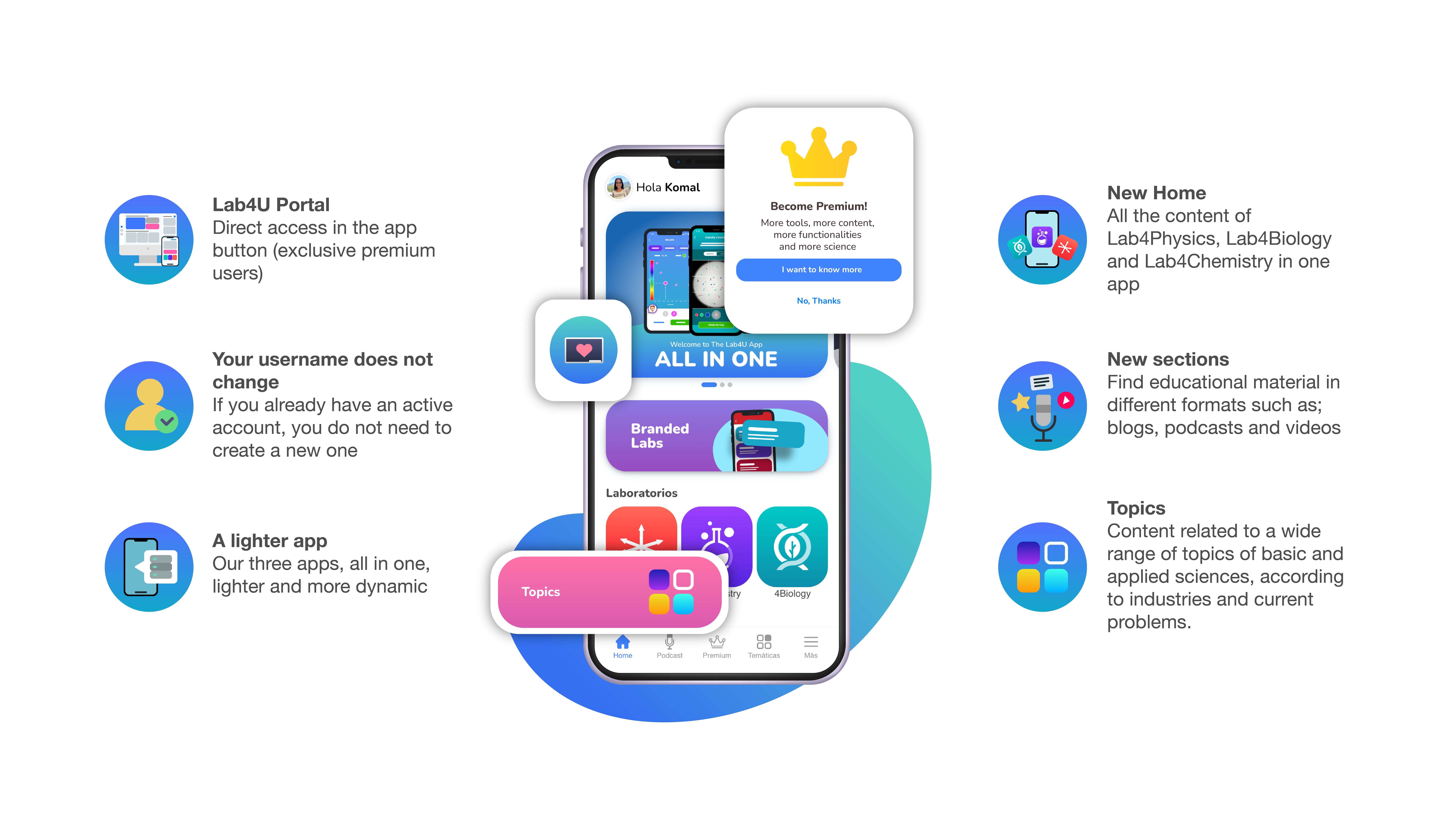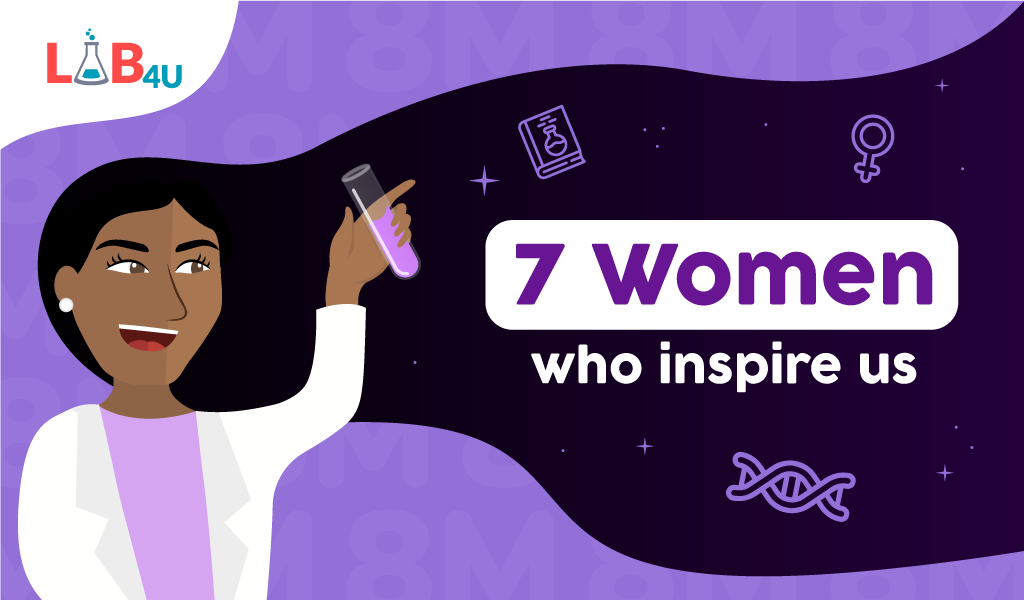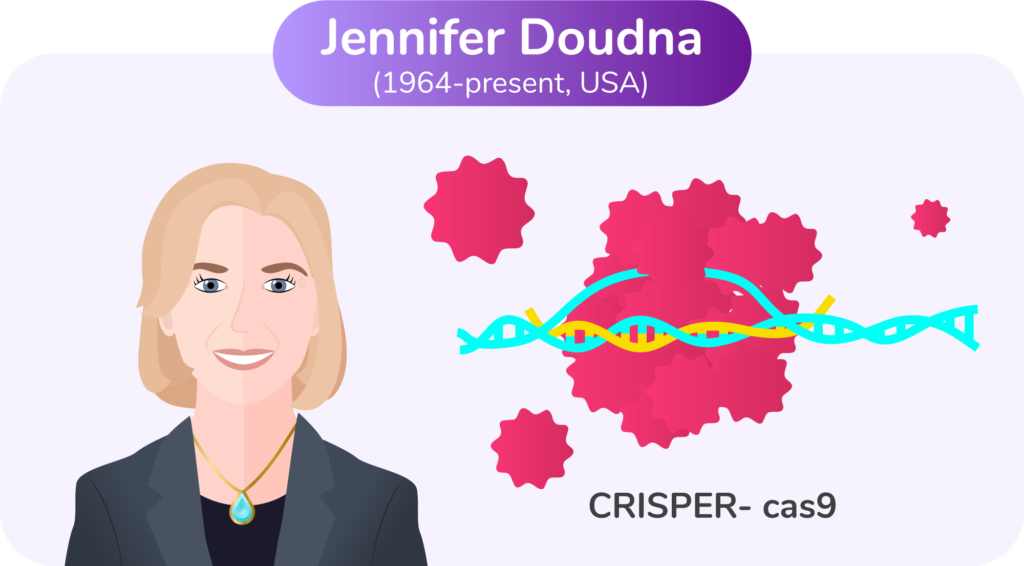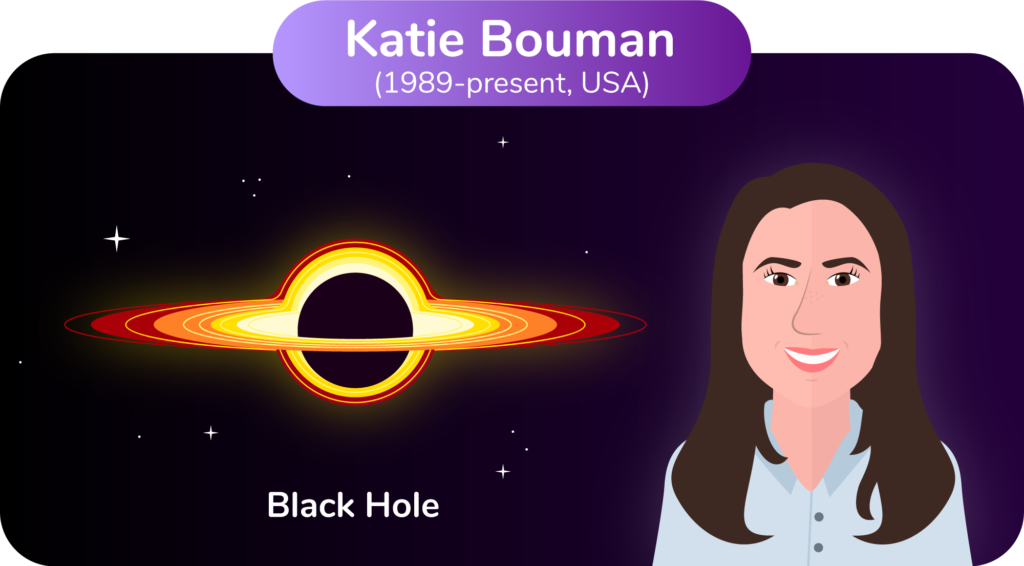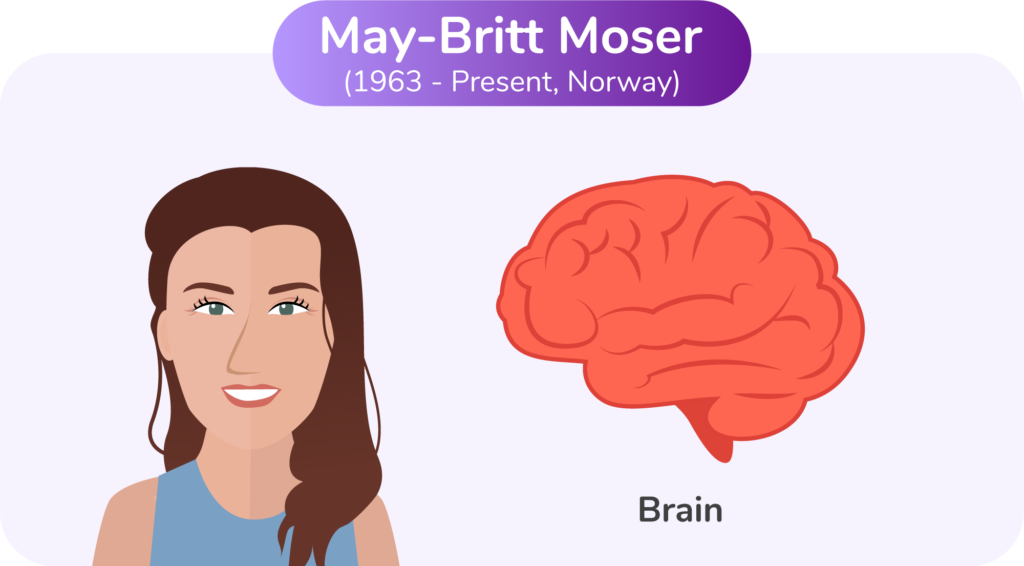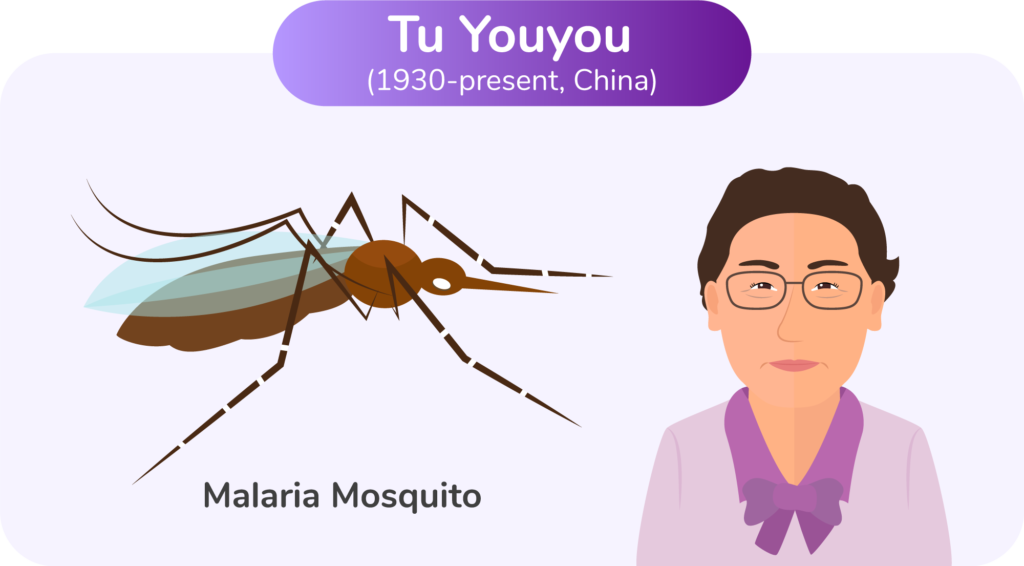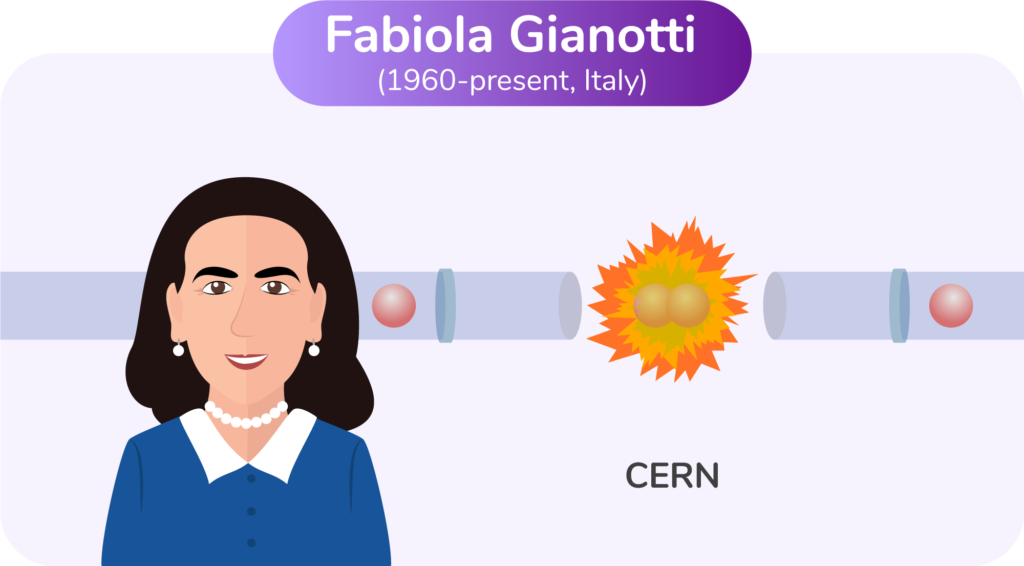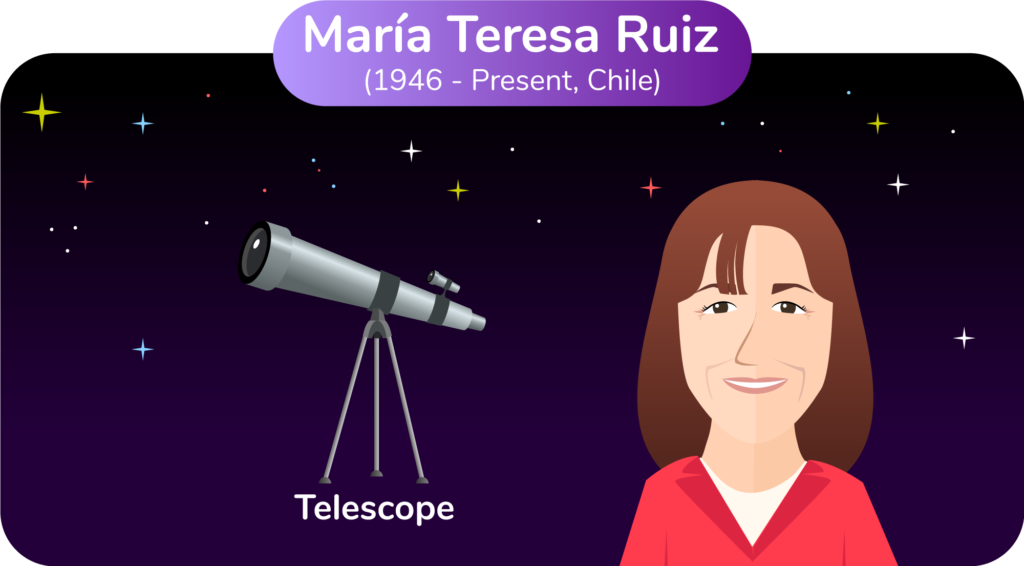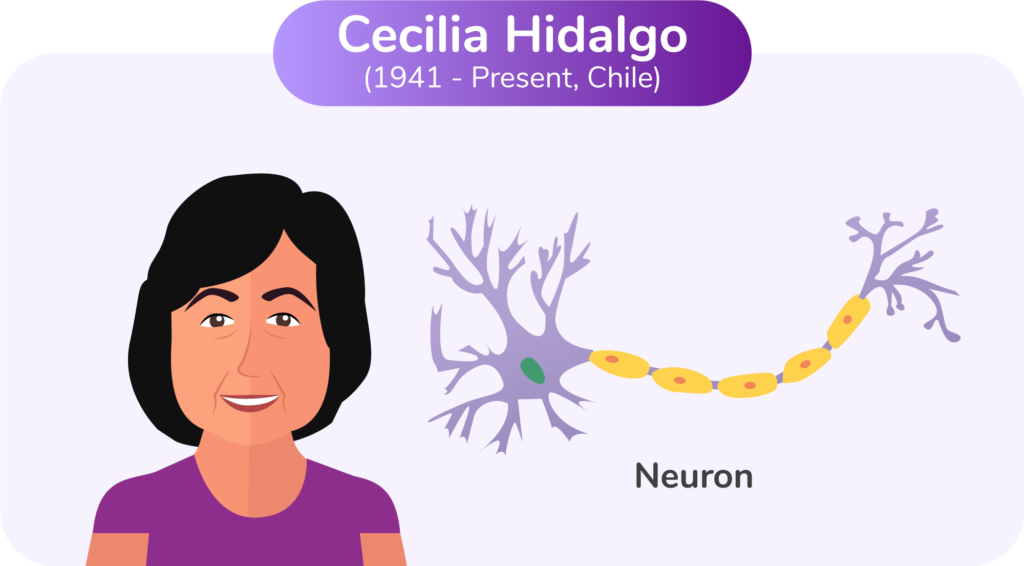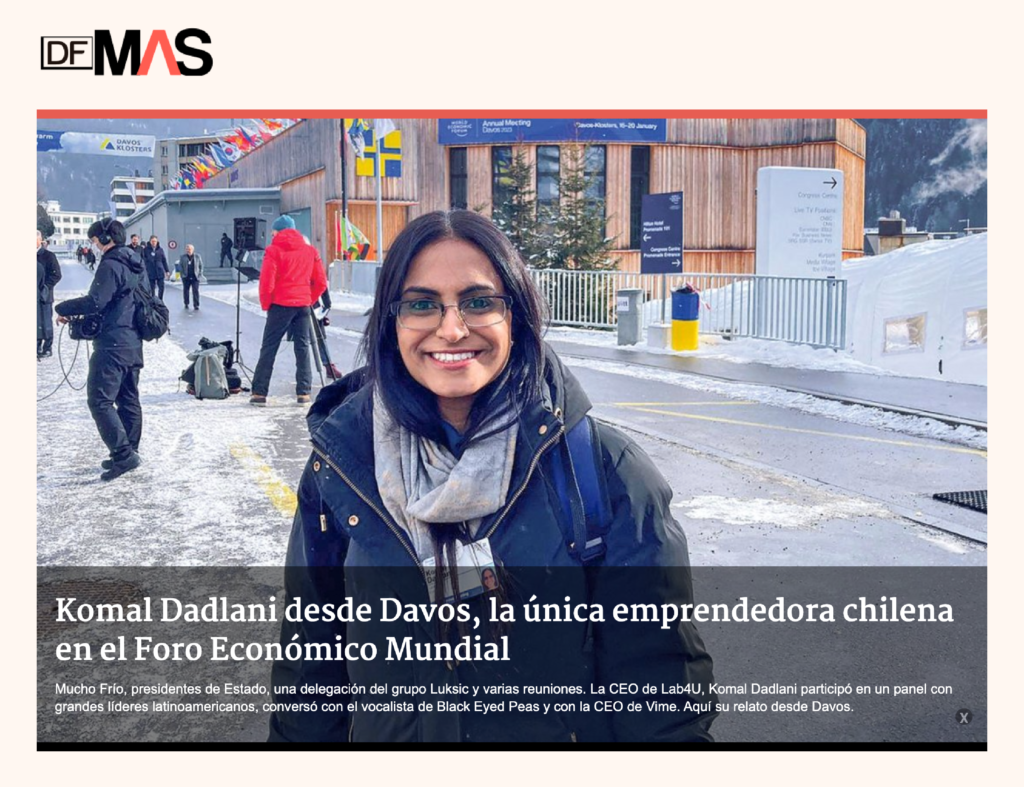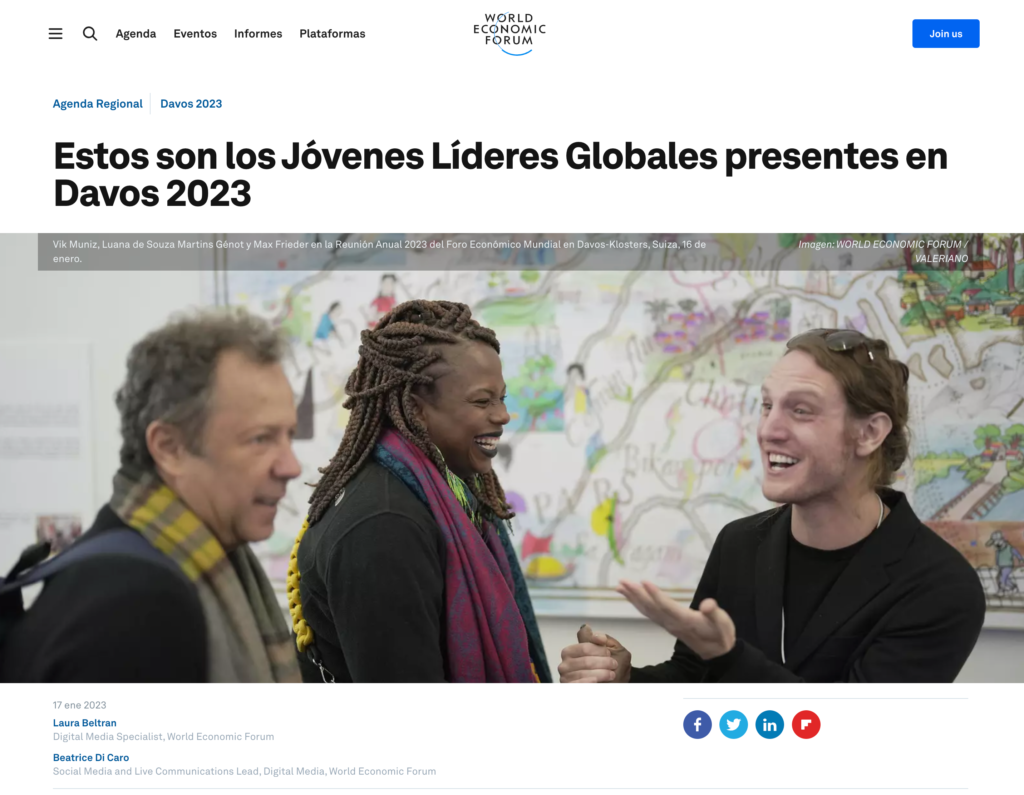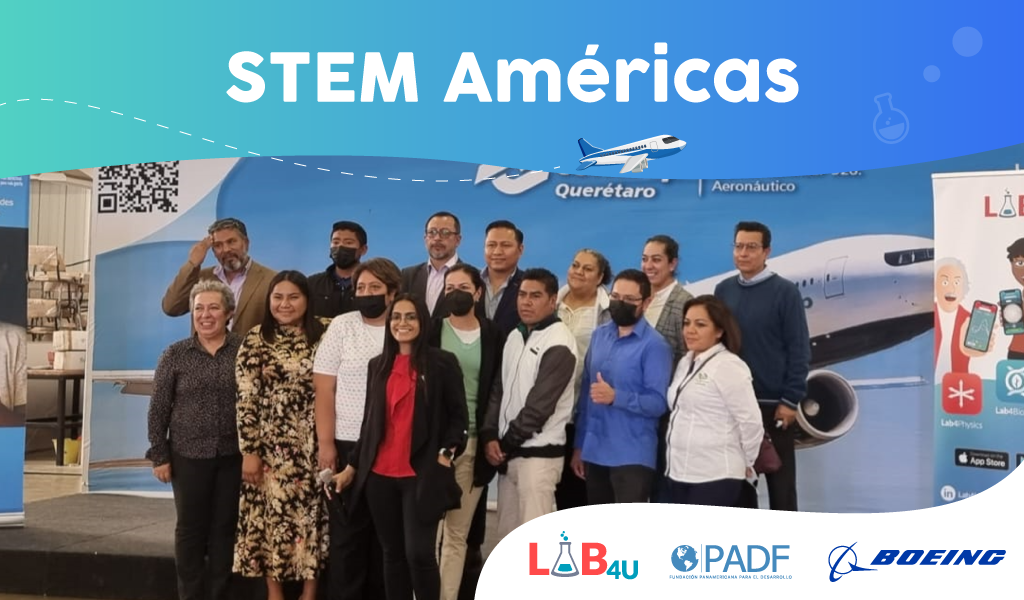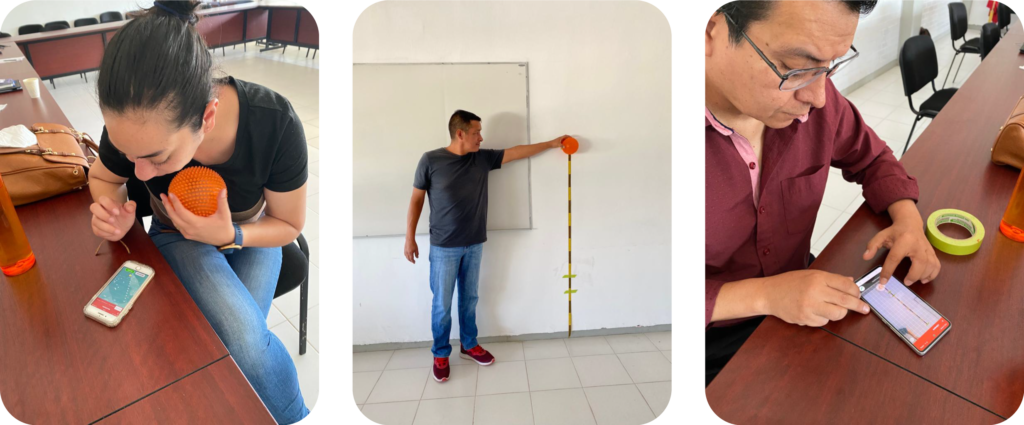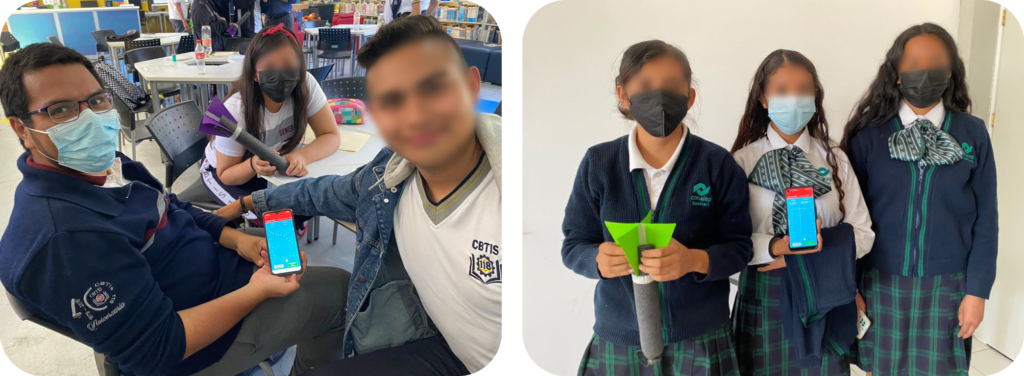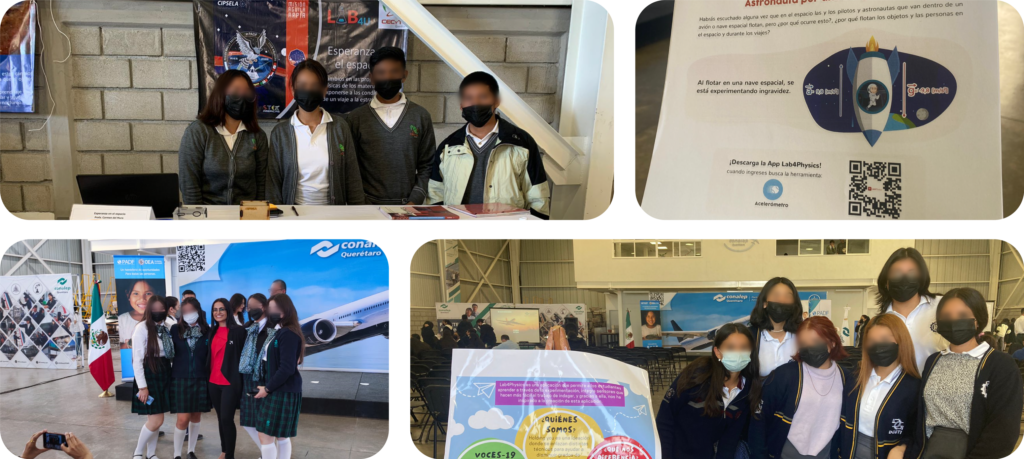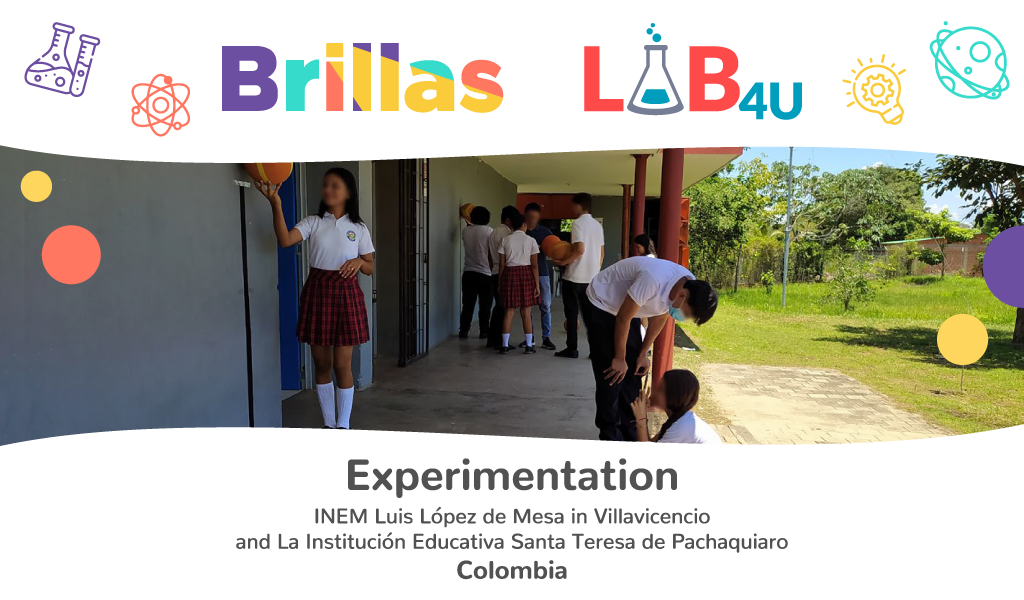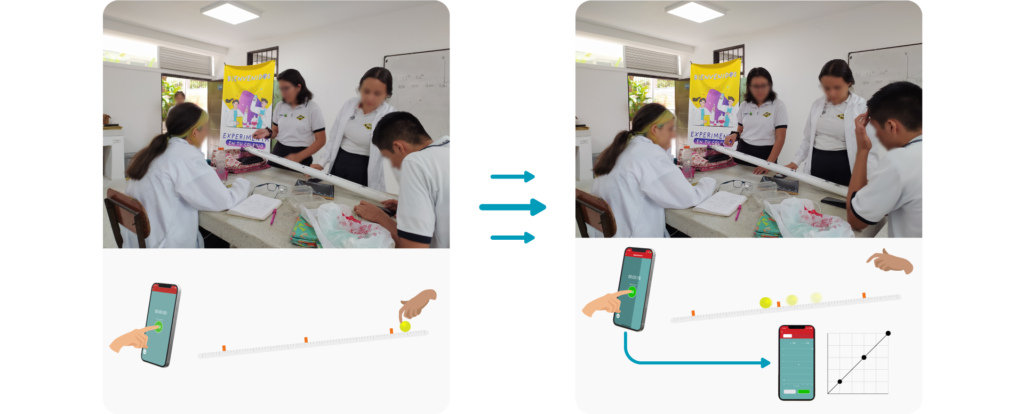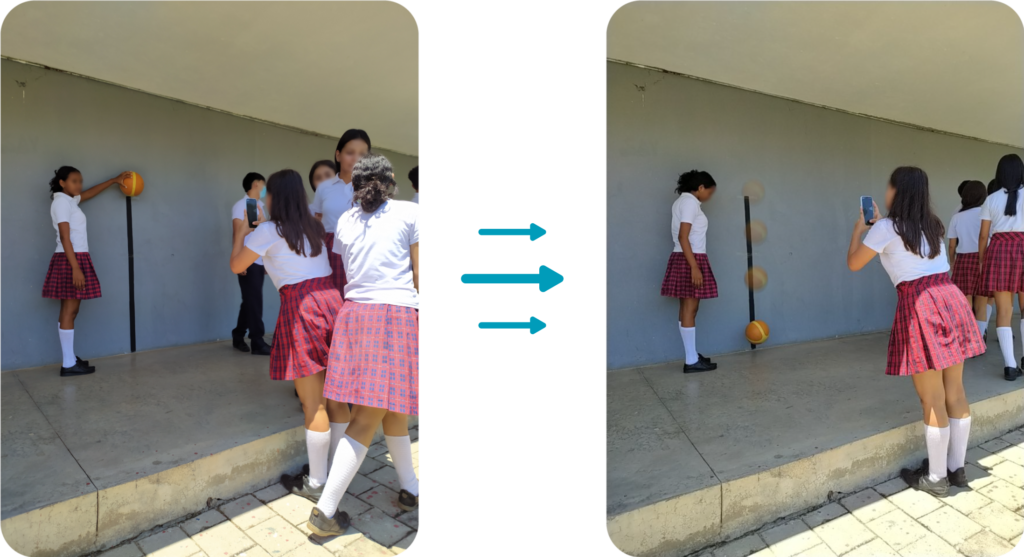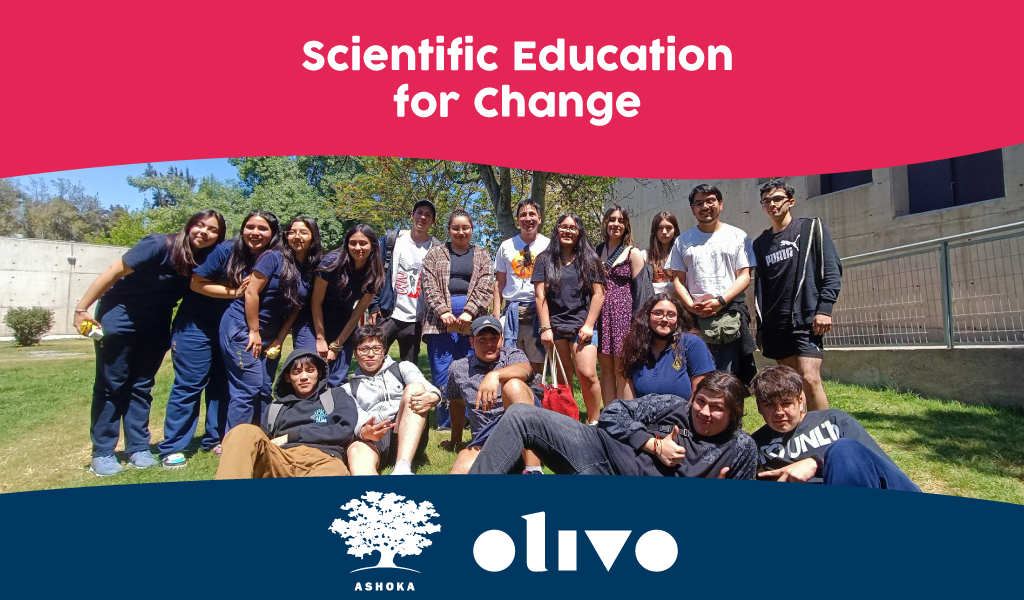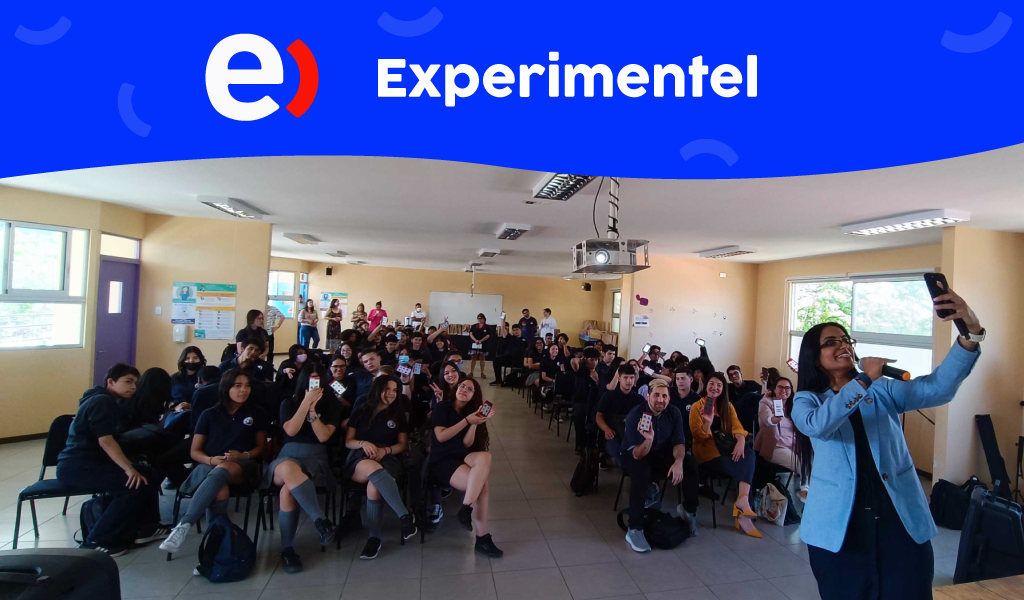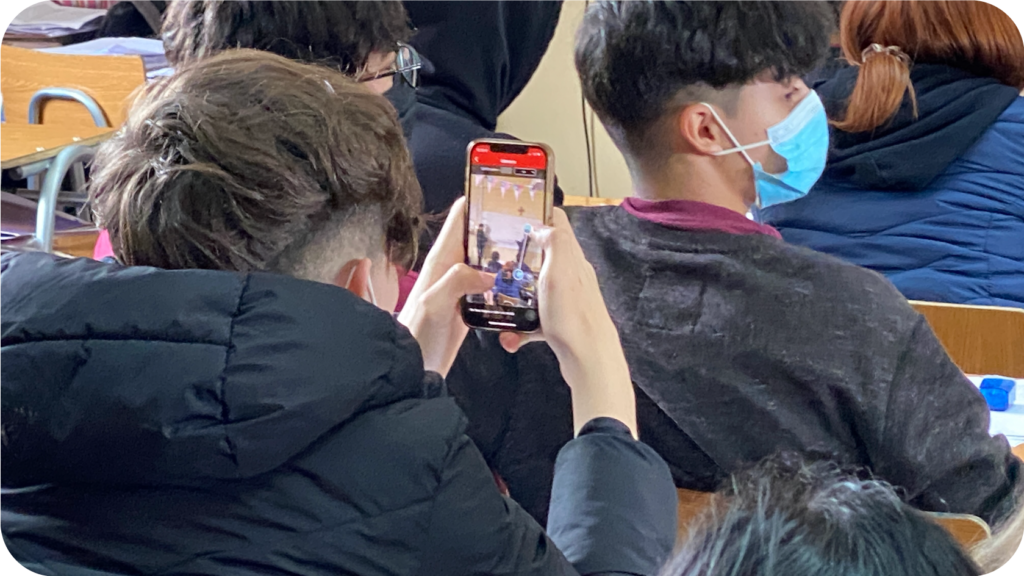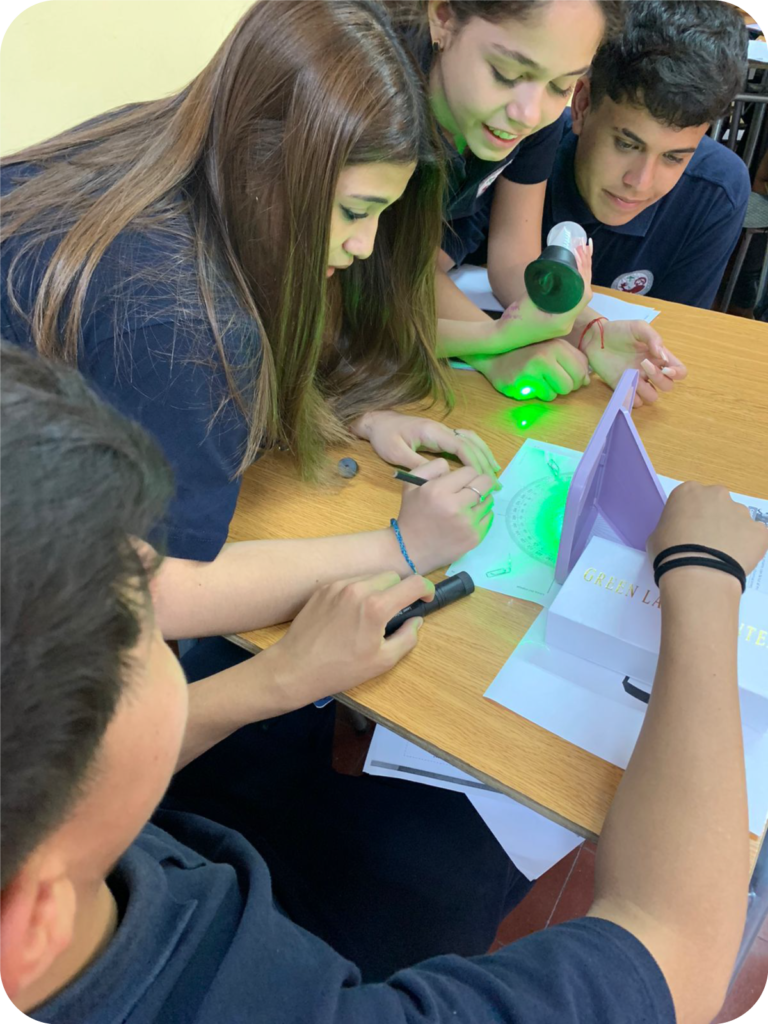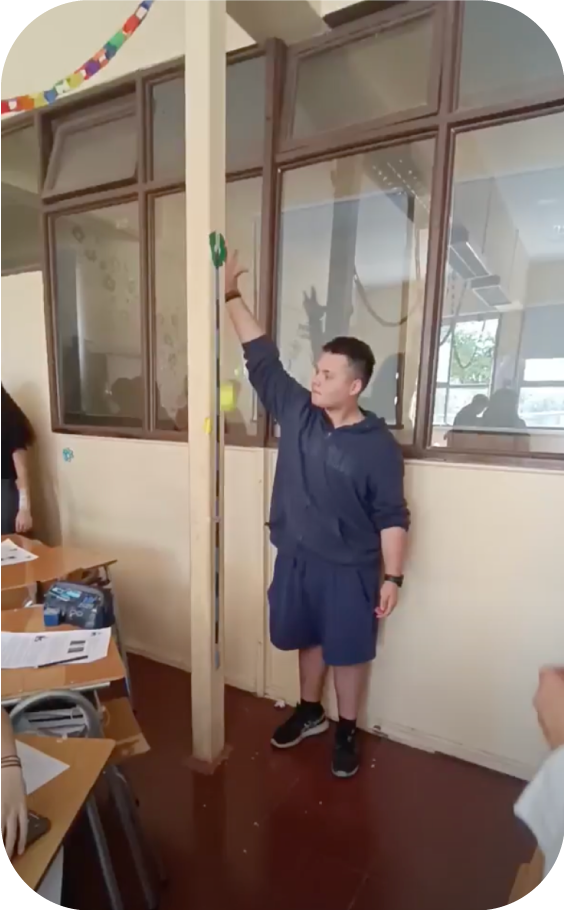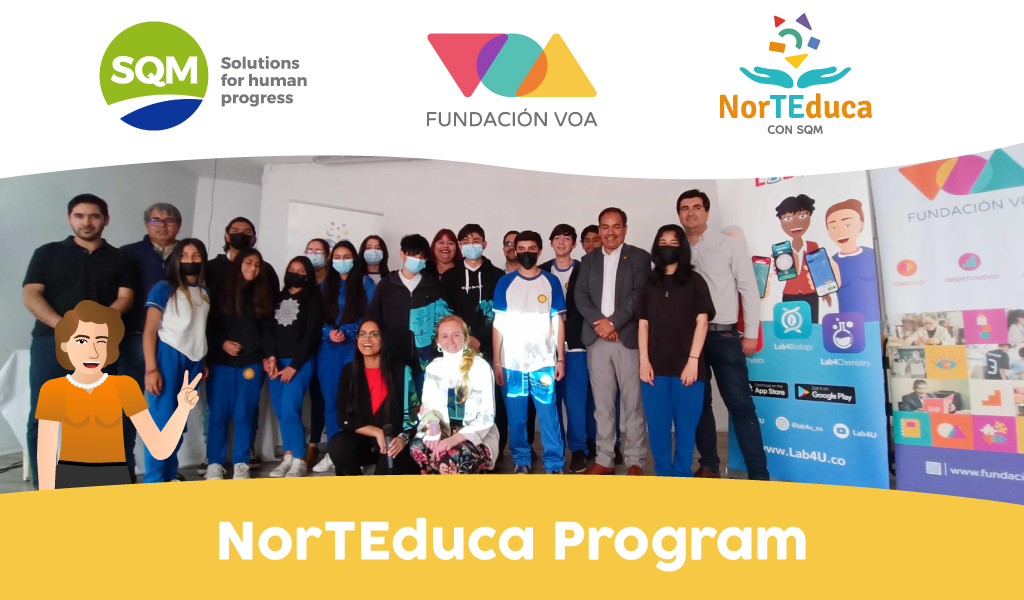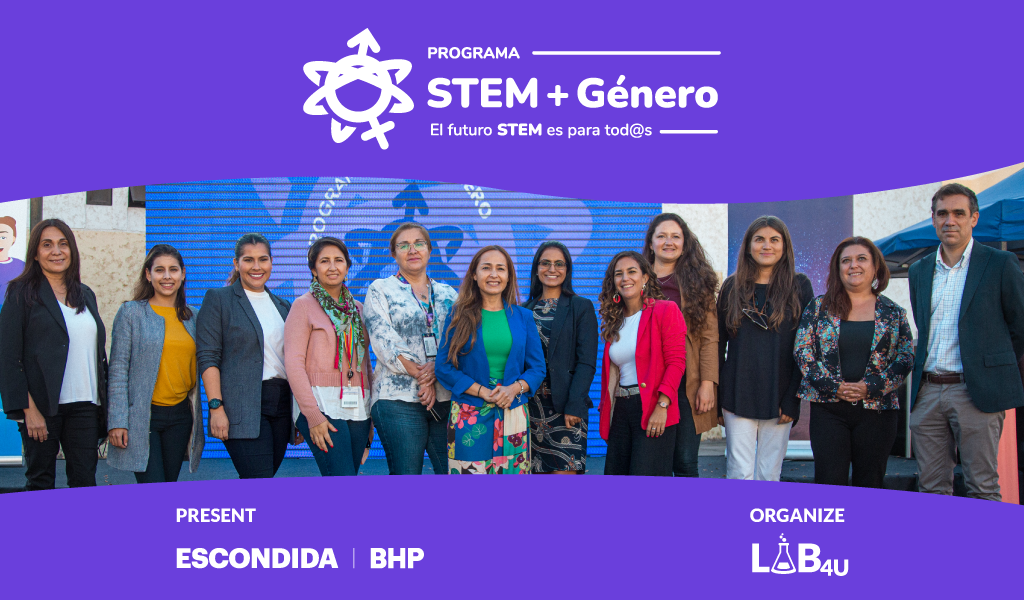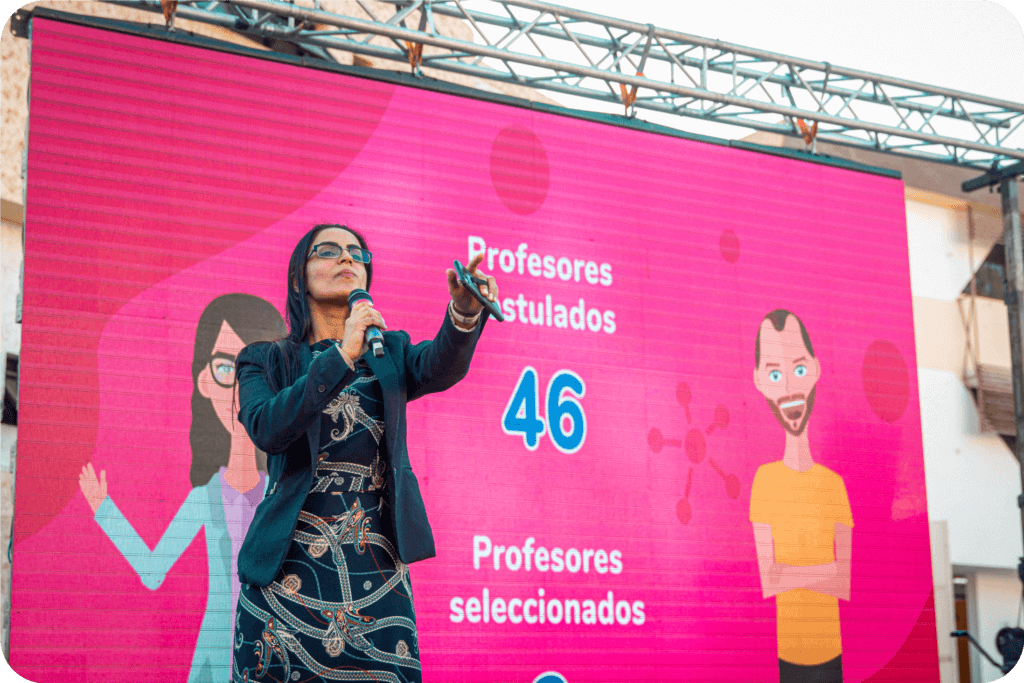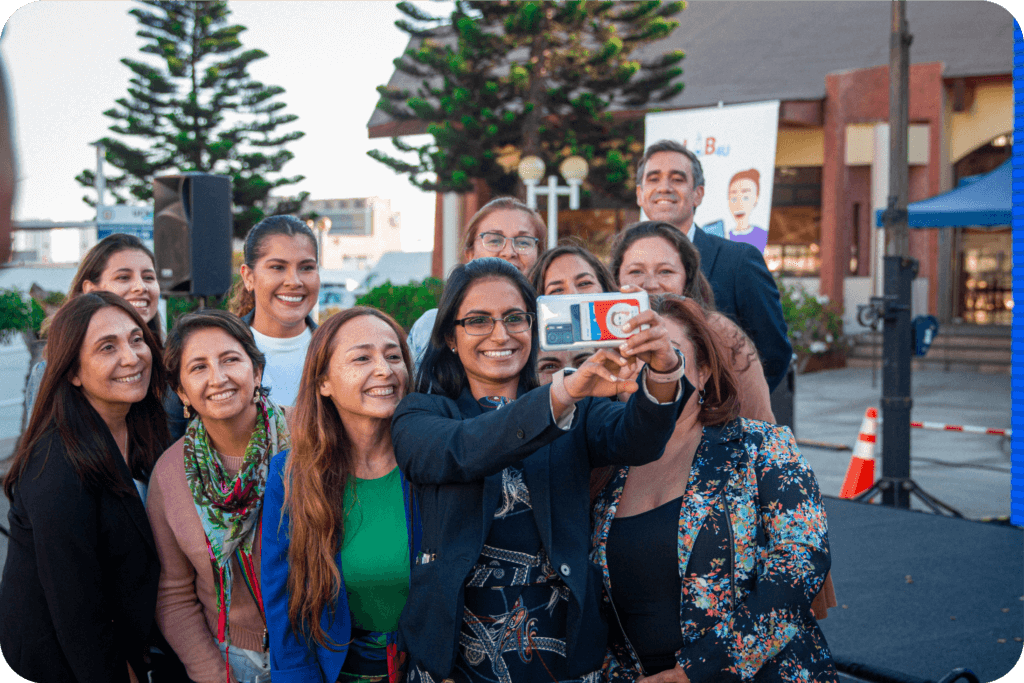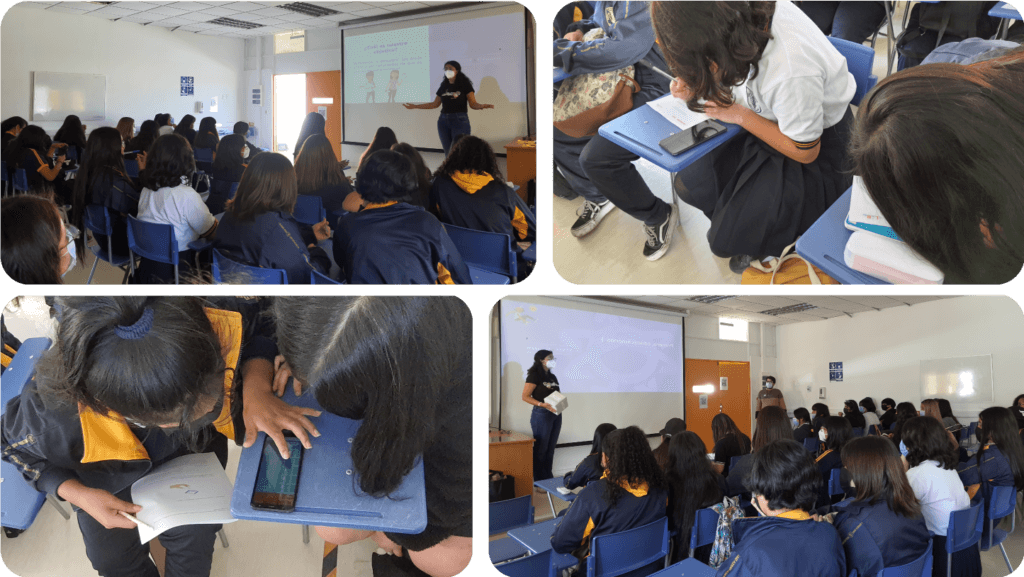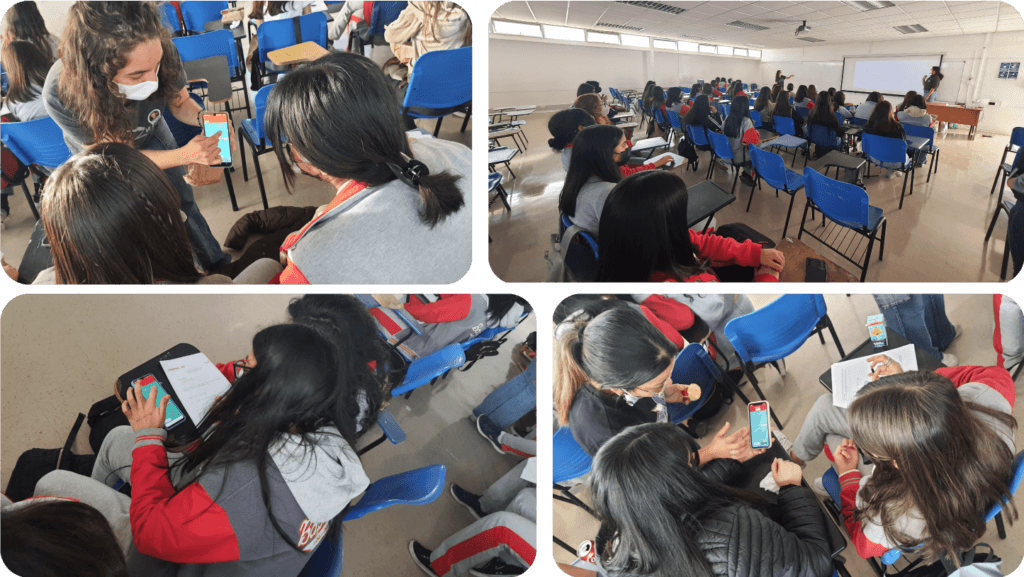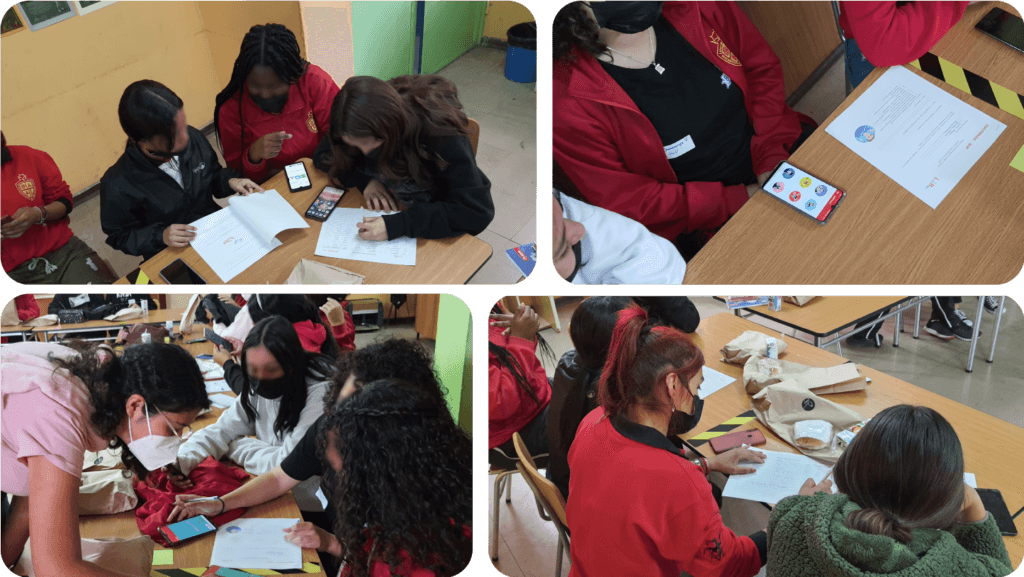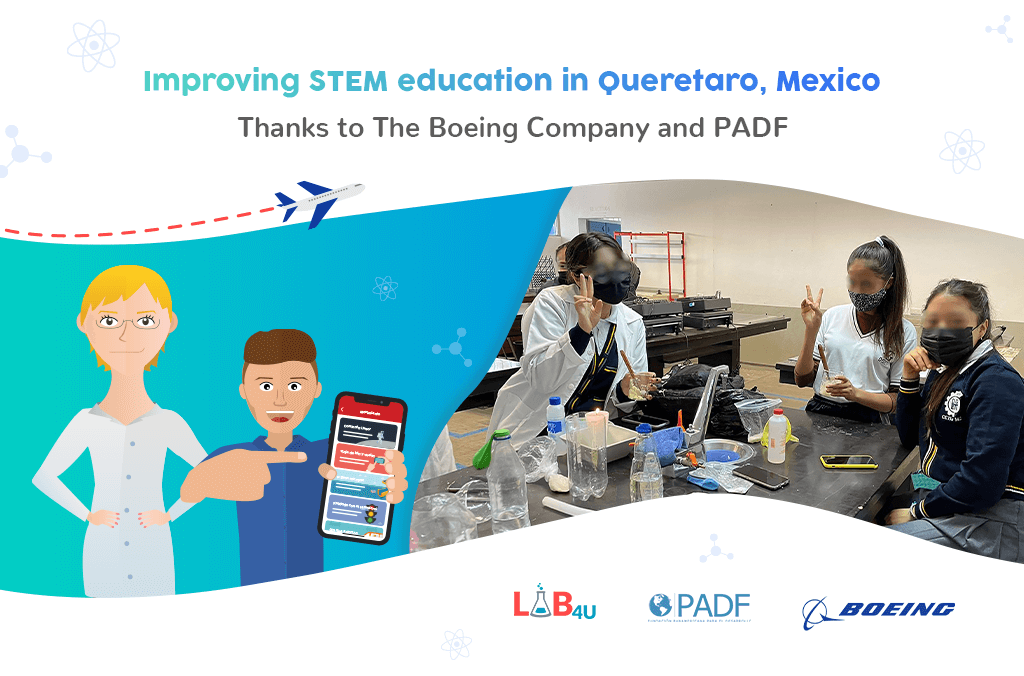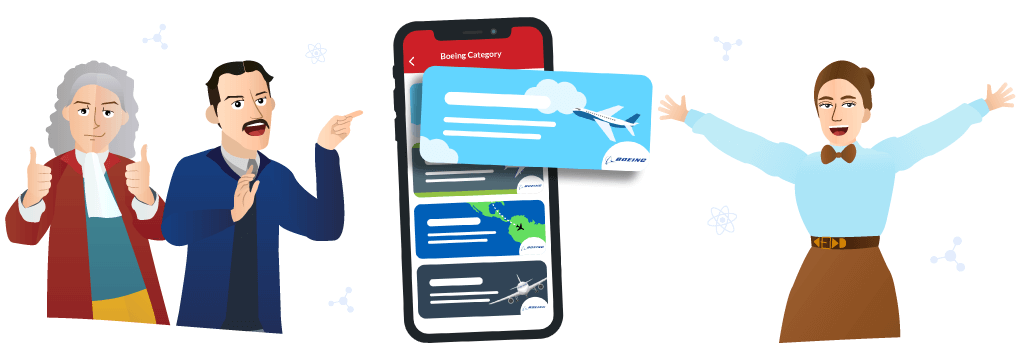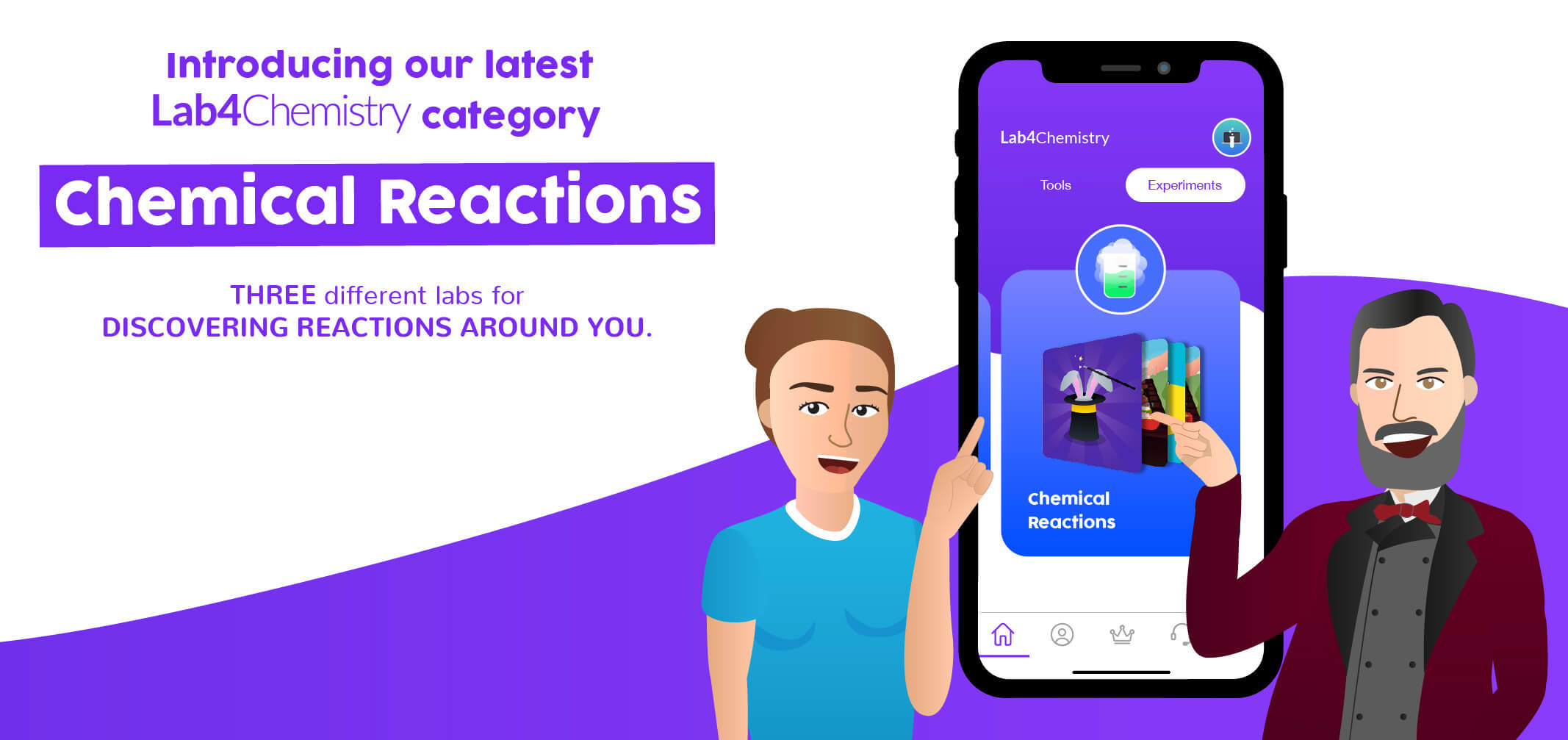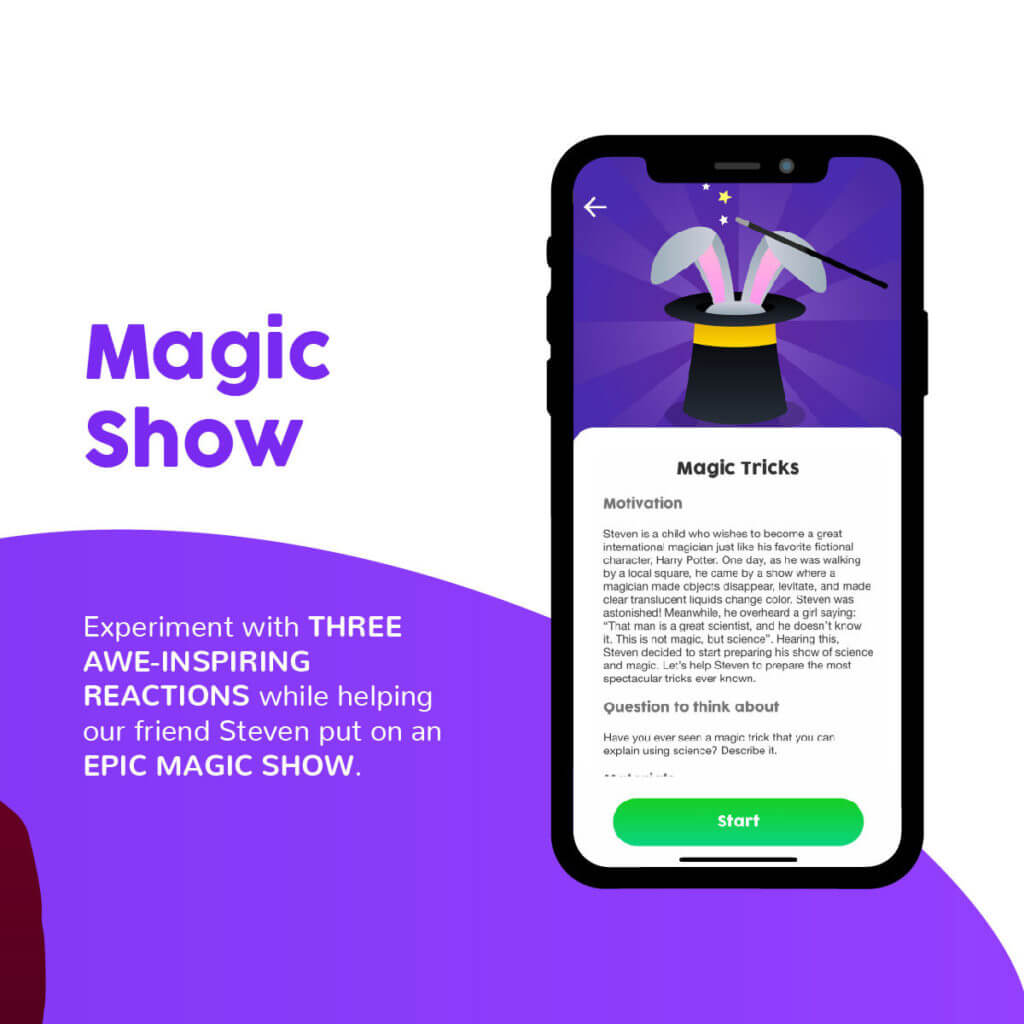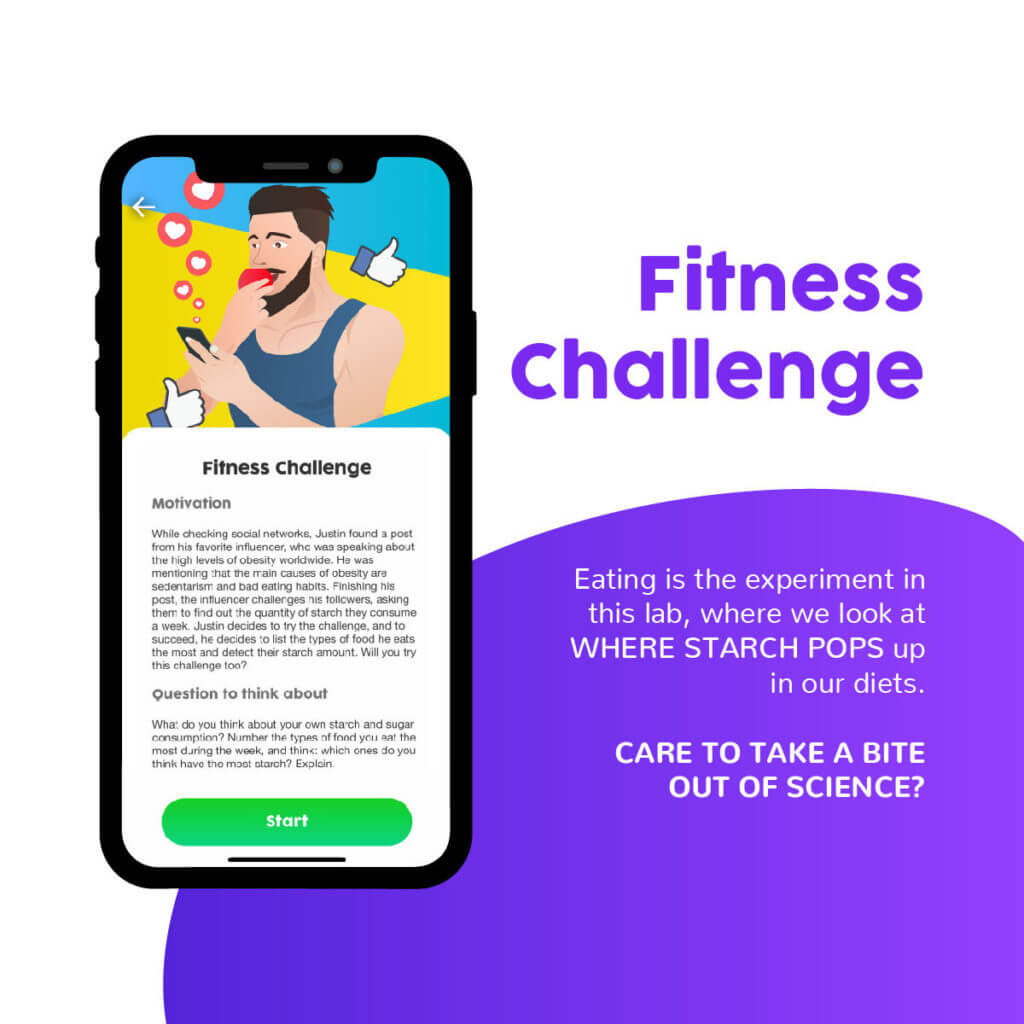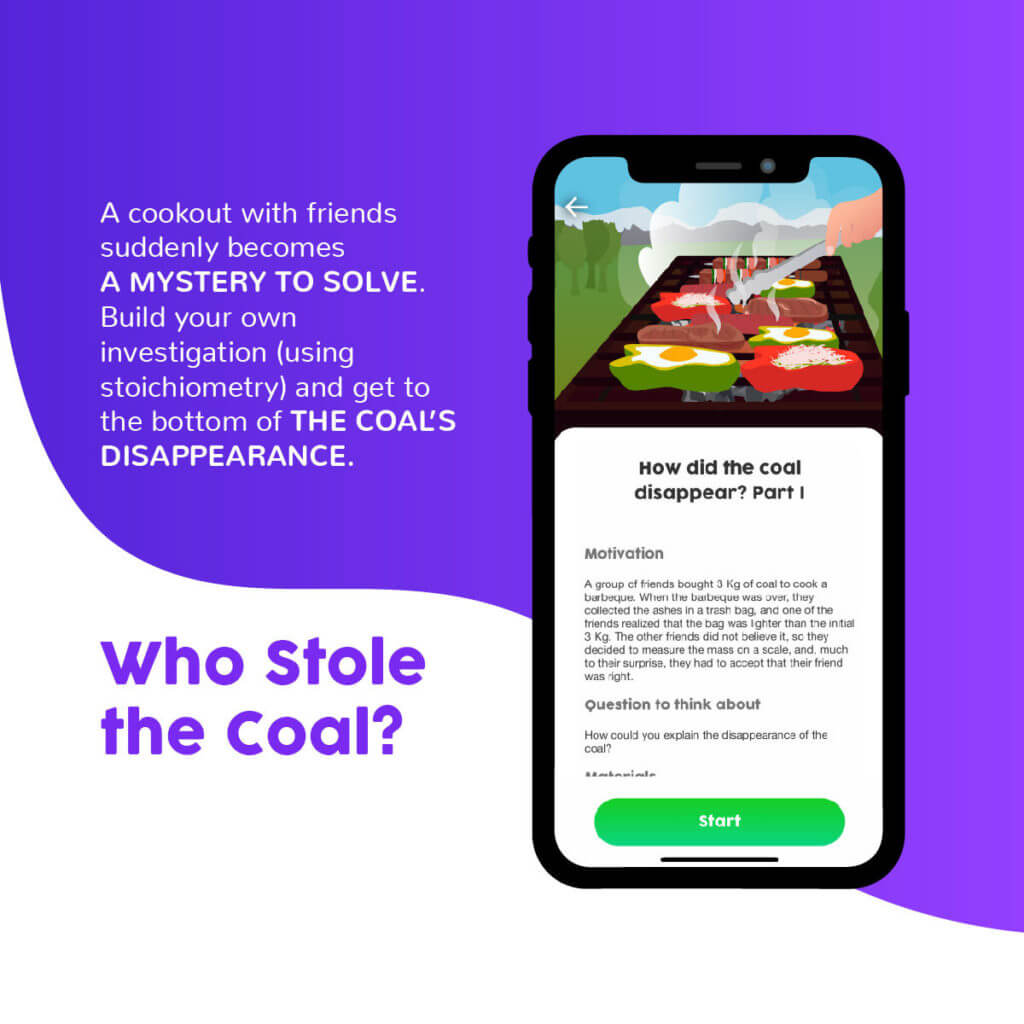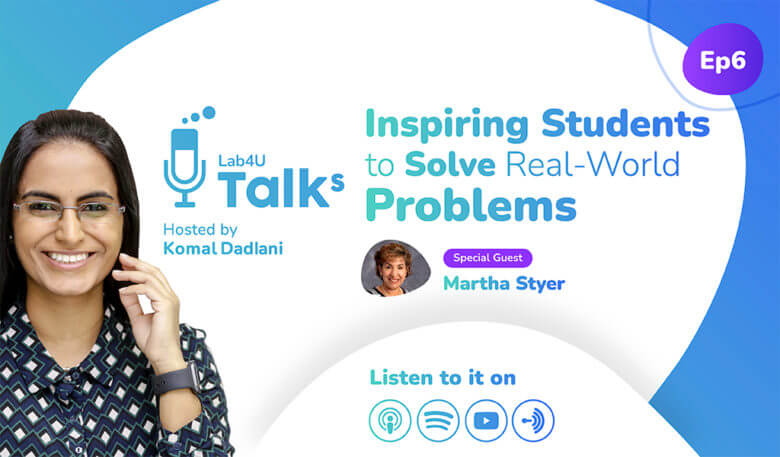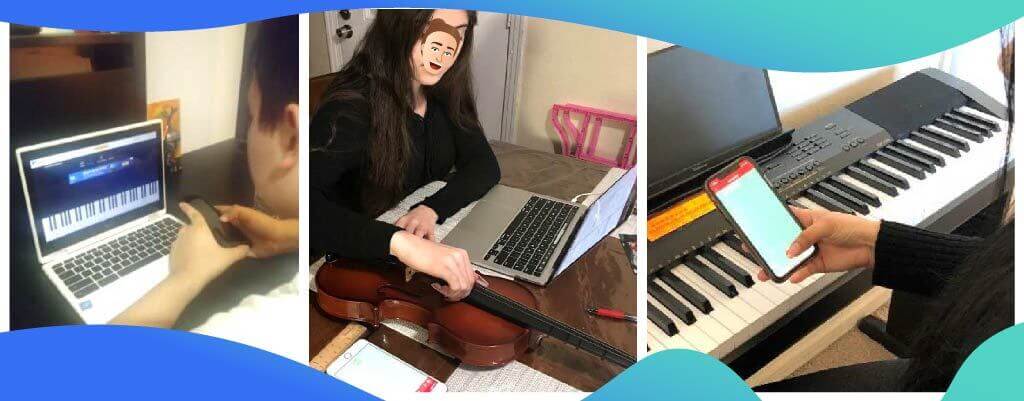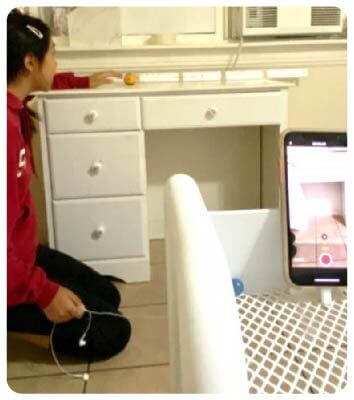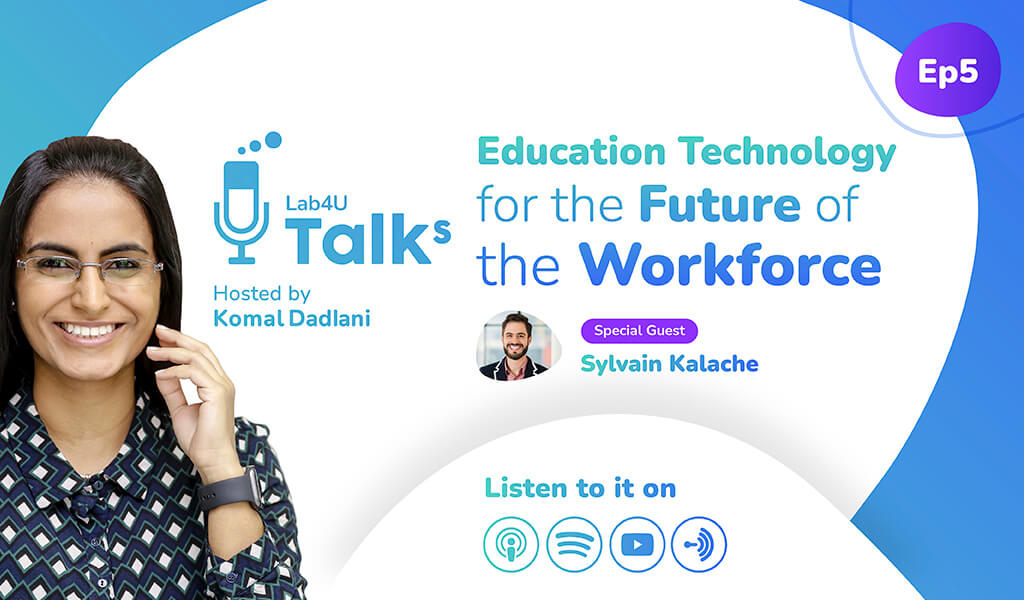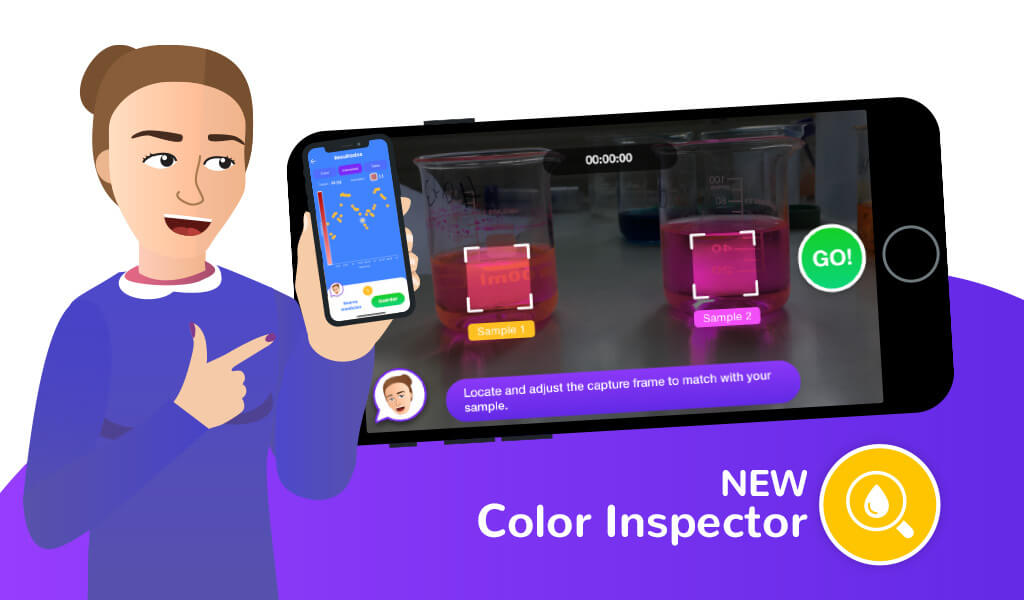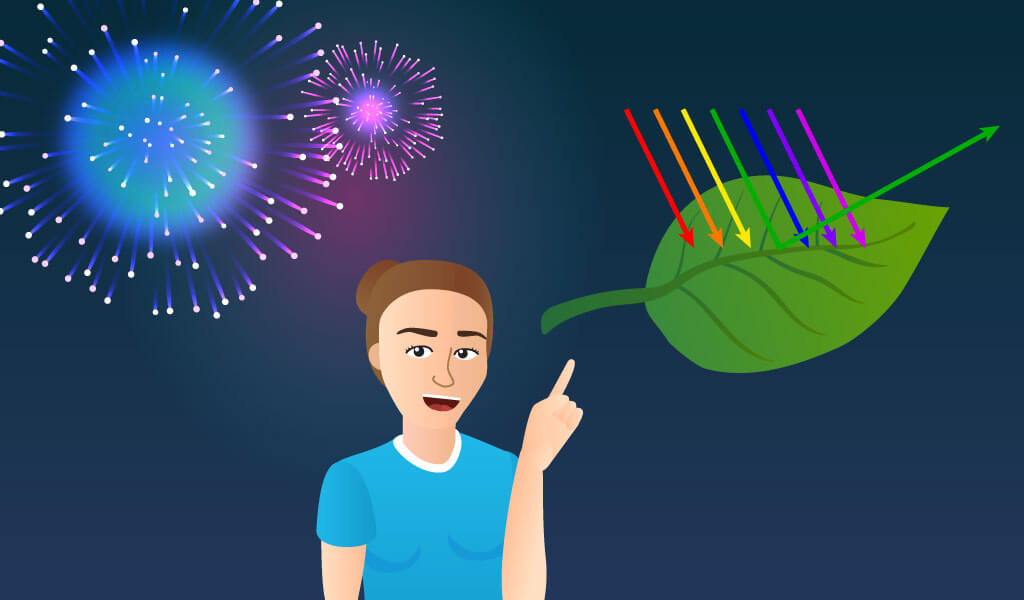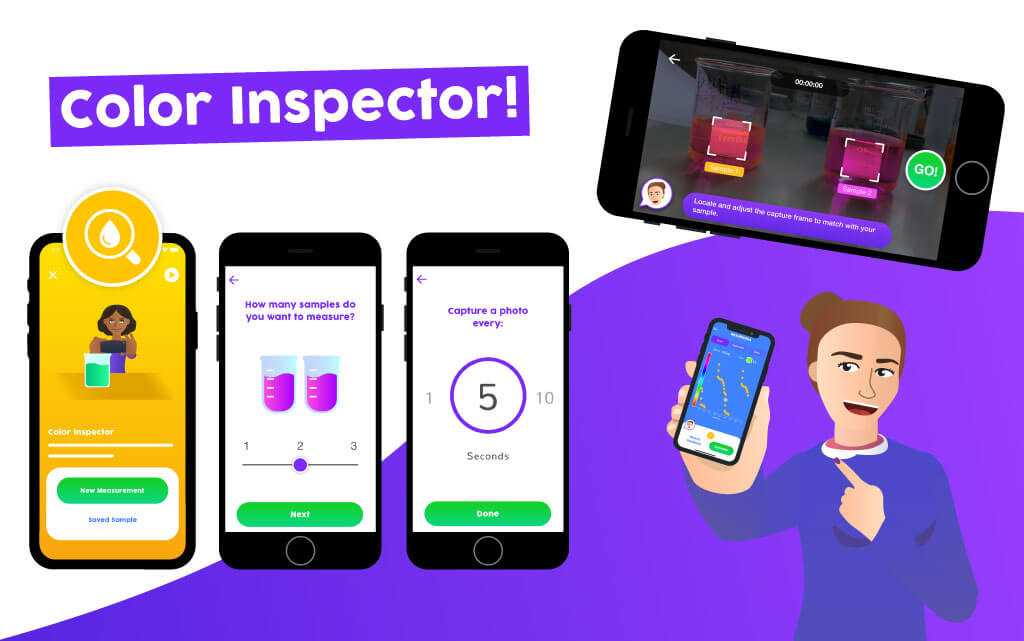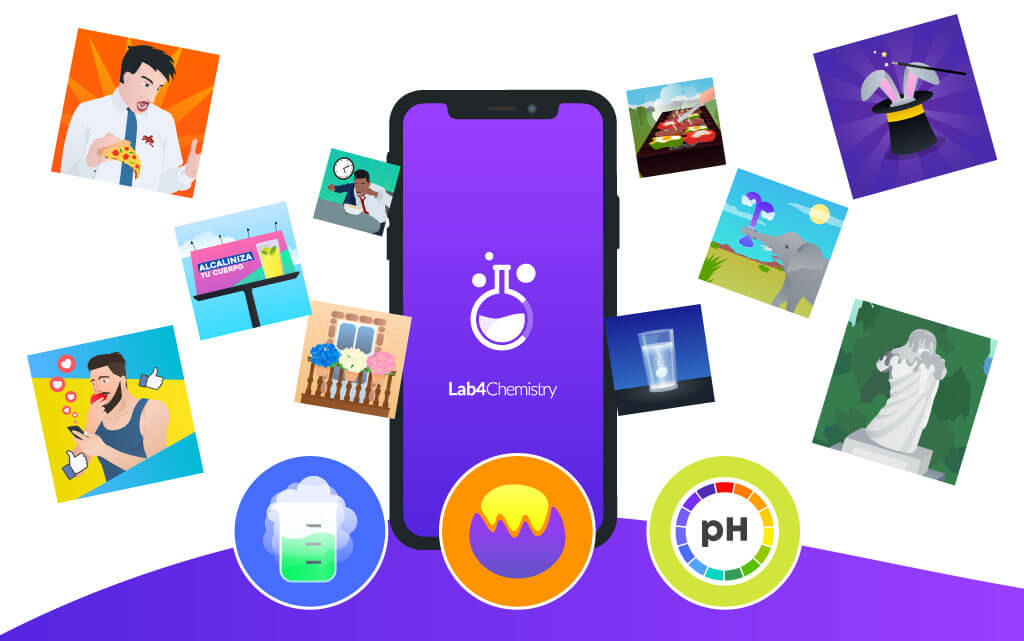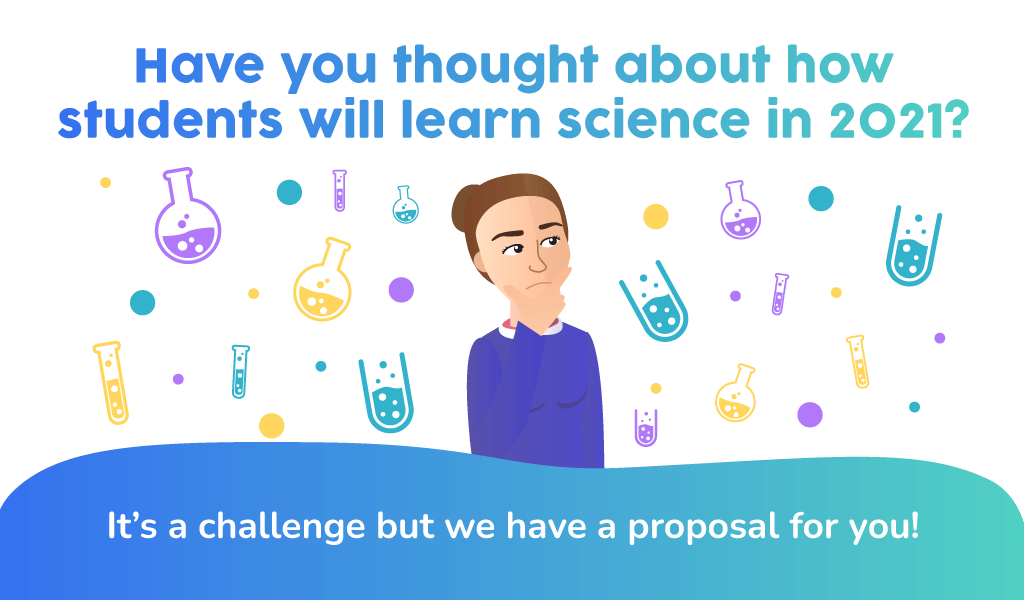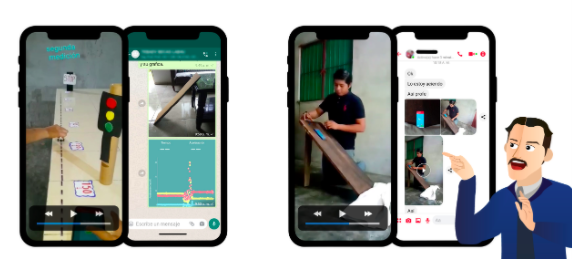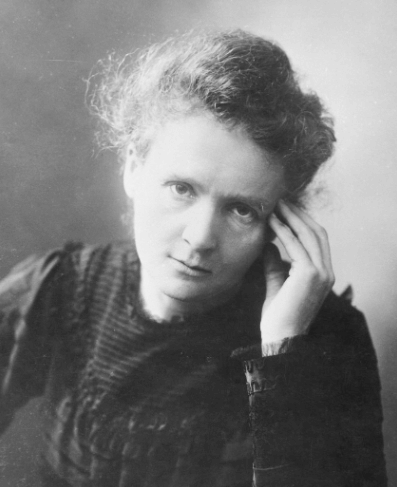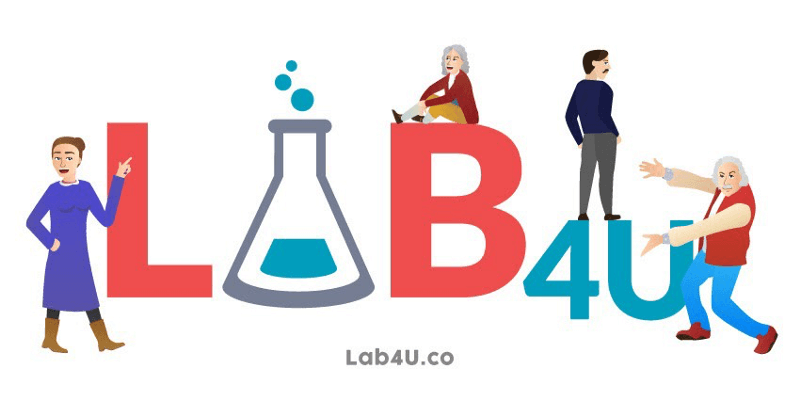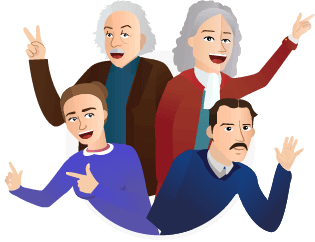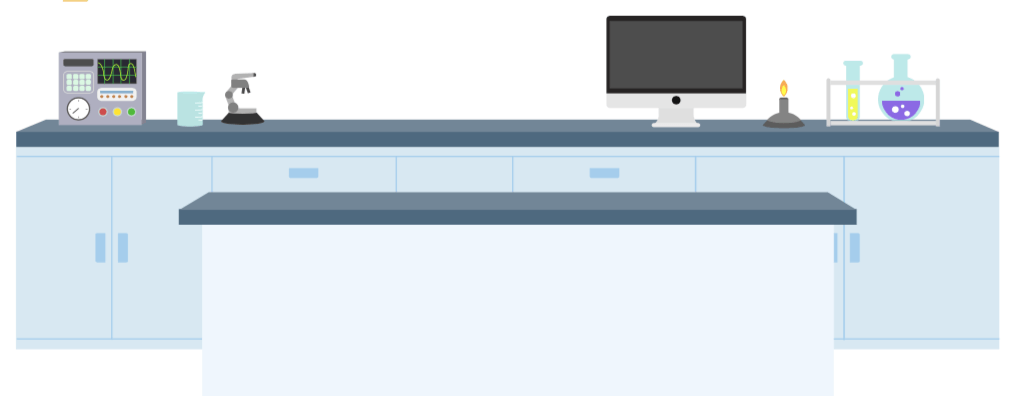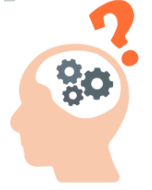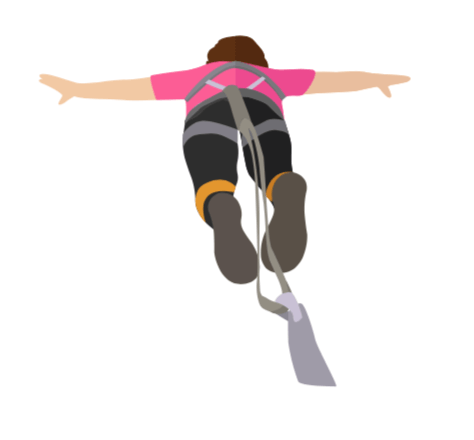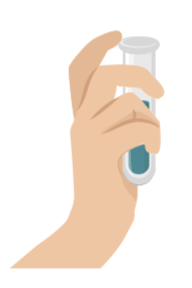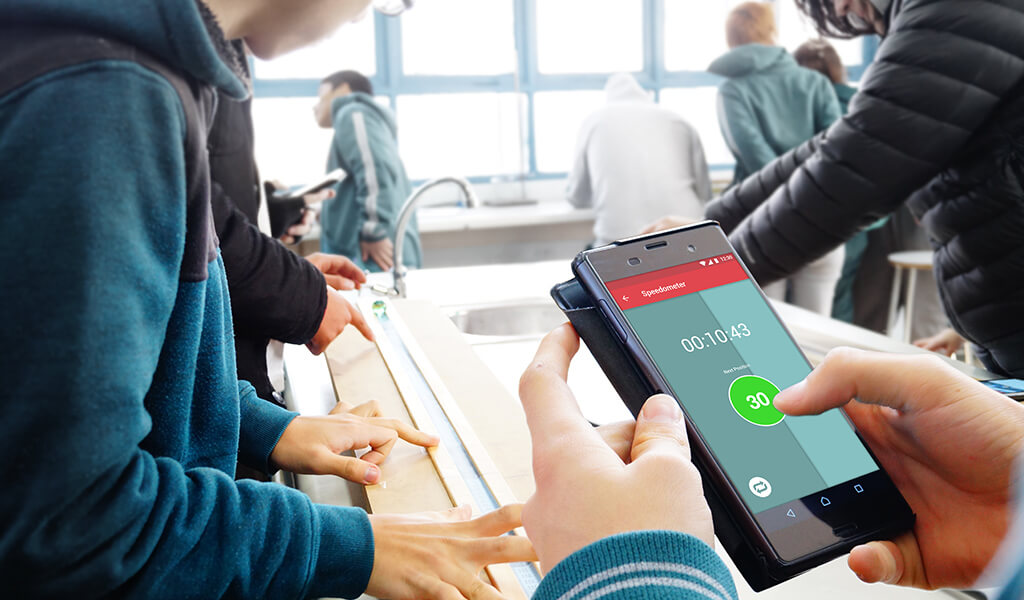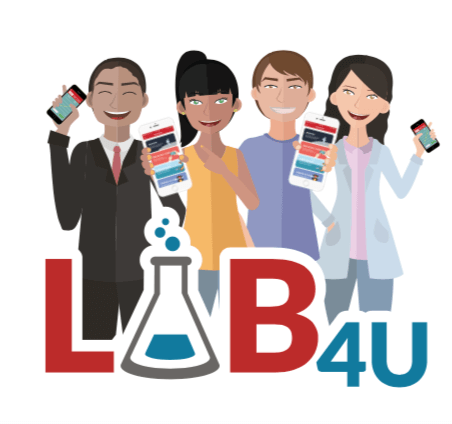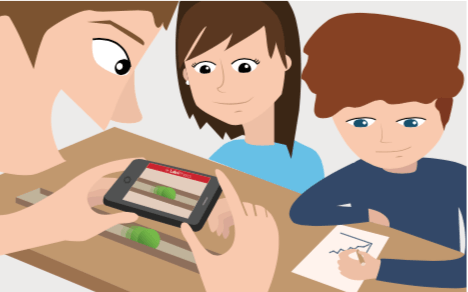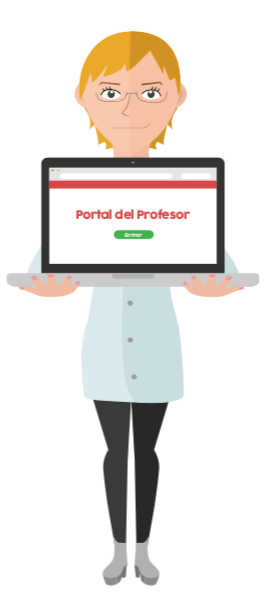There’s a lot of talk about the importance of inquiry-based learning.
Yet in spite of all the hype, there’s often a lack of clarity around what, specifically, inquiry-based learning is.
While there’s no one correct, all-encompassing definition, in general inquiry-based learning refers to a set of active approaches that encourage students to engage with new ideas through curiosity and exploration.
As protagonists of their own learning process, students develop new knowledge and skills while charting their own course. And therefore, develop longer-lasting competencies and key soft skills in the process.
Designing inquiry-based learning experiences for your students isn’t easy, but it’s worth it.
At Lab4U, we’re committed to ensuring that all students, have the opportunity to learn science through inquiry.
Why? Because it improves student outcomes in the short-term, and helps them prepare for happy, healthy, and productive lives in the future.
Indeed, a 2018 Inter-American Bank Development Study found that Lab4U’s inquiry-based solutions for middle and high school physics and chemistry classes increased student outcomes, self-perception, and interest in studying STEM in the future.
Keep reading to find out more about the benefits of inquiry based approaches to teaching and learning that still can inspire you in your own classroom!
1. Inquiry increases rigor and cognitive load
Inquiry-based learning pushes students beyond simply learning to memorize or remember, and toward applying knowledge in new domains, drawing connections among ideas, evaluating or challenging ideas, and additionally creating something completely new.
2. Inquiry increases engagement and interest
Inquiry-based learning connects a new concept or area of study with students own interests and lived experience. Therefore, this methodology awakens their natural curiosity. This Increasing engagement in learning experiences, hence are more relevant to students’ lives .
3. Inquiry increases intellectual risk-taking
Inquiry-based learning experiences push students out of their comfort zone. Because it focuses more on exploring environments of varying levels of ambiguity, it lowers the perceived need to “get it right” that would otherwise make students wary of intellectual risk-taking.
Yet we’ve found that students are often enjoying themselves so much they don’t even notice they’re out of their comfort zone, happily exploring uncharted intellectual territory!
4. Inquiry develops key soft skills
Inquiry-based learning also effectively develops important soft skills that are key for student success in the 21st Century, such as creative problem solving, critical thinking, logical thinking, teamwork, and even written and oral communication.
5. Inquiry is a natural differentiator
With Inquiry-based learning, because they have a degree of autonomy to select how they want to approach a task, students have leeway to select a learning pathway that appeals to their preferred learning style. Students then have the space to learn in a way that makes sense to them.
There are also many possibilities for purposeful differentiation — since inquiry-based learning activities are naturally student-driven and semi-autonomous, teachers are free to circulate and give individualized instruction, small-group support, and extension activities to students who need it most.
6. Inquiry transforms a classroom of students into a classroom of teachers
Inquiry-based teaching can easily be combined with collaborative groupings. Because that allow students to work and learn as teams.
With clearly set expectations and carefully defined roles, students explore, discuss, and come up with creative ways to approach a complex task, learning more as a team than they would individually.
Often, peer learning is just as effective as teacher-led learning. Indeed, the most meaningful “aha!” moments often come in authentic interactions with peers. Then suddenly, your class is transformed into space where EVERYONE is a teacher!
7. Inquiry creates lifelong learners
Inquiry-based learning helps students become lifelong learners.
Life is about learning to navigate unfamiliar situations, and coming up with creative solutions in environments of uncertainty will help students find success not only in their current academic careers but will also help them adapt to a workforce and world that will continue to evolve in unexpected ways.
8. Inquiry triggers new approaches to solve a new type of problem
The global issues that our world is facing today are known as “wicked”. Problems for they’re more complex than any problem our society has ever faced before.
There is no longer any good or bad solution able to solve a wicked problem such as climate change, nor there is any definite set of solutions to end world hunger, or any limit to scientific discoveries and innovations responding to the endless list of challenges humanity is facing.
Therefore, we need to enable the next generation today to face the world of tomorrow with a more dynamic and innovative way of thinking about problems.
And this is what inquiry-based learning teaches them to do by triggering their critical thinking capacities and pushing them to take action instead of learning passively.
9. Inquiry as a source of self-confidence
Inquiry-based learning allows students to embrace and feel comfortable with still with the possibility of making errors. Making it rather an opportunity for improvement.
Indeed, by challenging them to find solutions based on their own knowledge and experience, this learning approach empowers students to increase their self-confidence, and to freely experiment focusing on the inquiry itself rather than the fear of being “wrong”.
Join us!
At Lab4U we designed tools to enable teachers to implement Iquiry-based methodology in their own classroom. From middle to high schools.
In addition, we love imagining a world in which ALL students have the opportunity to regularly engage in the big ideas of science. All of this Through inquiry, exploration, and discovery.
After that, if you’re interested in learning more about how you can incorporate more learning into your science classes. Then check out Lab4U’s solutions for middle and high schoolers! Visit our website or sign up for a 20 minute informational call.
Join the discussion!
In conclusion, we’d love to hear about how has inquiry-based learning helped improve student interest, motivation, or outcomes in your class? Let us know below, later!
Finally, if you want to find out more about Inquiry-Based Learning methodology, we invite you to visit these website;
https://tessais.org/the-benefits-of-inquiry-based-education/
https://www.topmostblog.com/benefits-of-inquiry-based-learning/
https://www.wabisabilearning.com/blog/inquiry-based-learning-advantages
